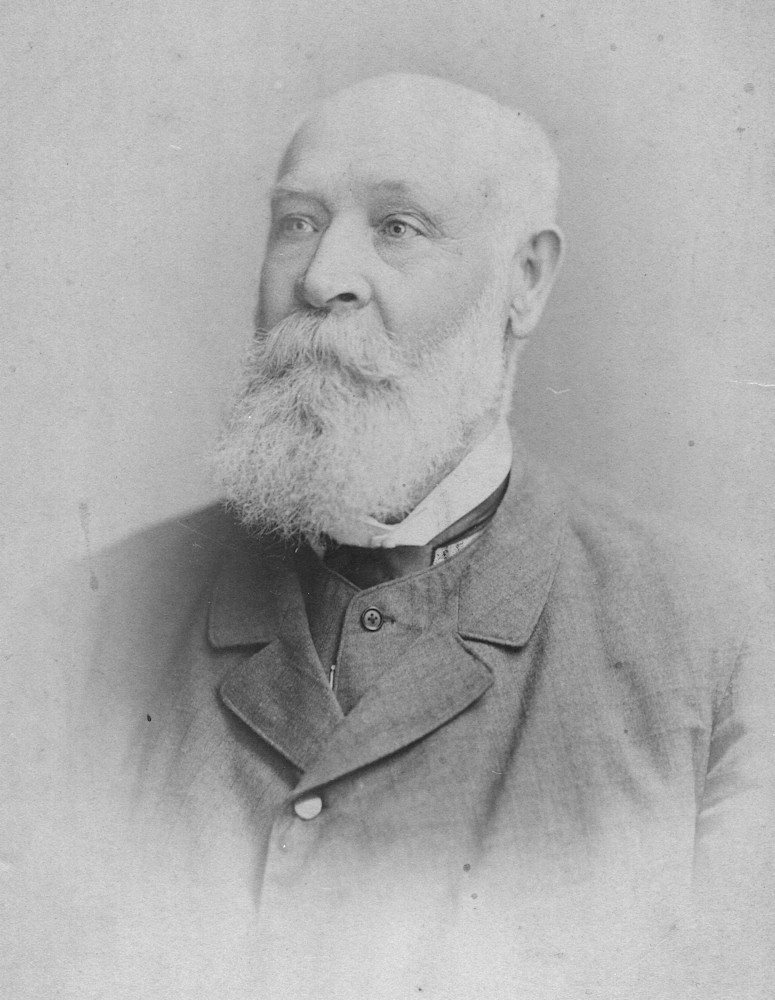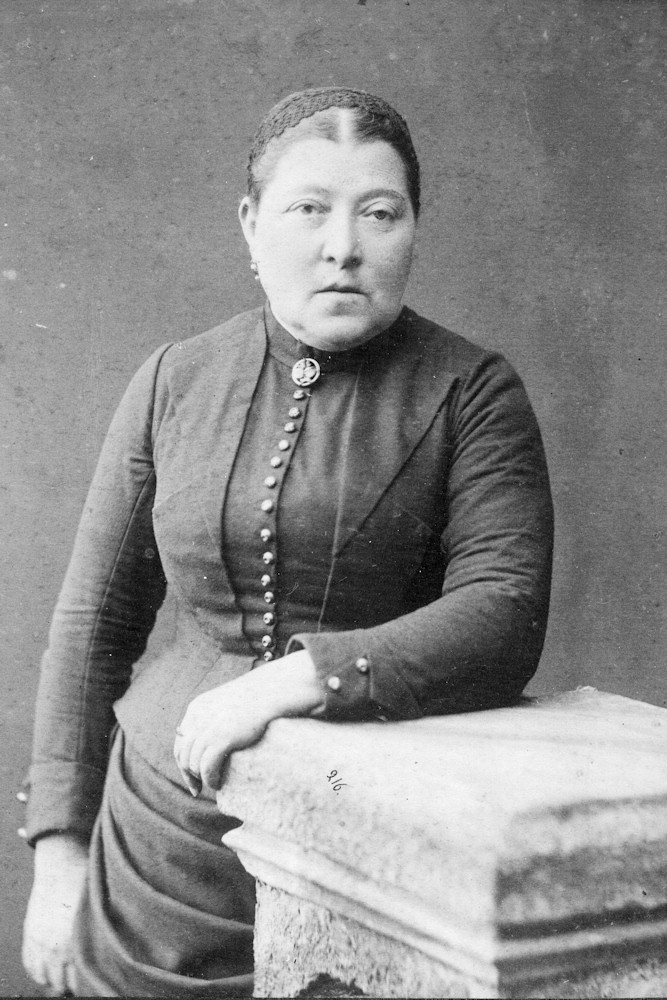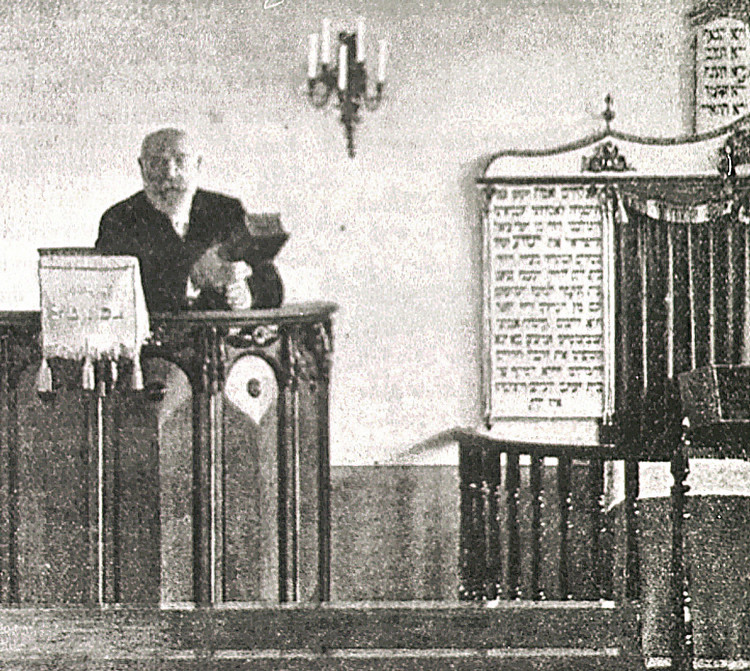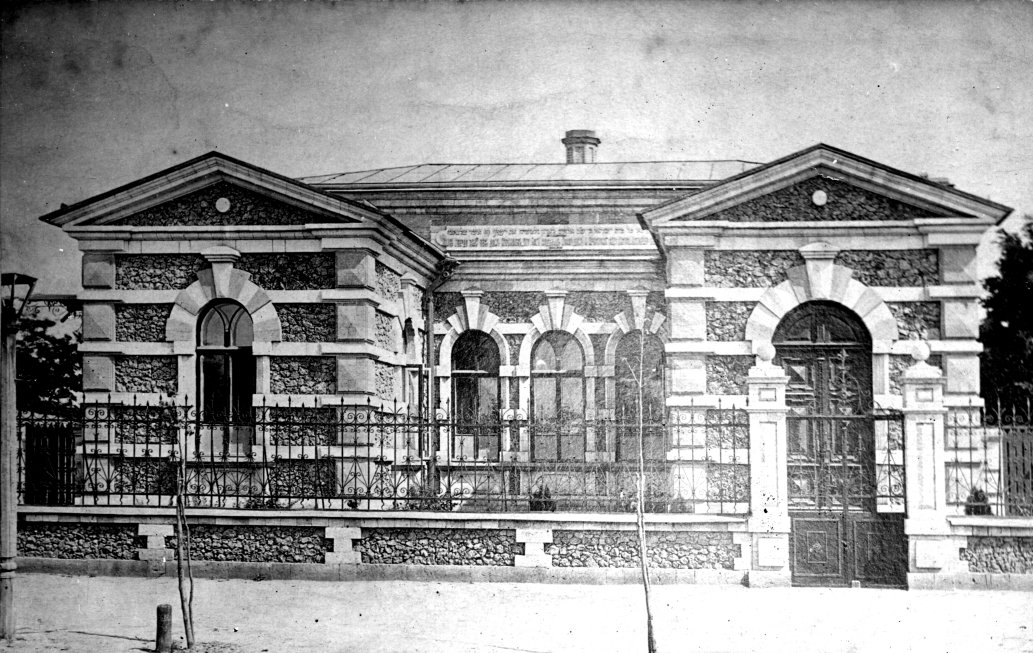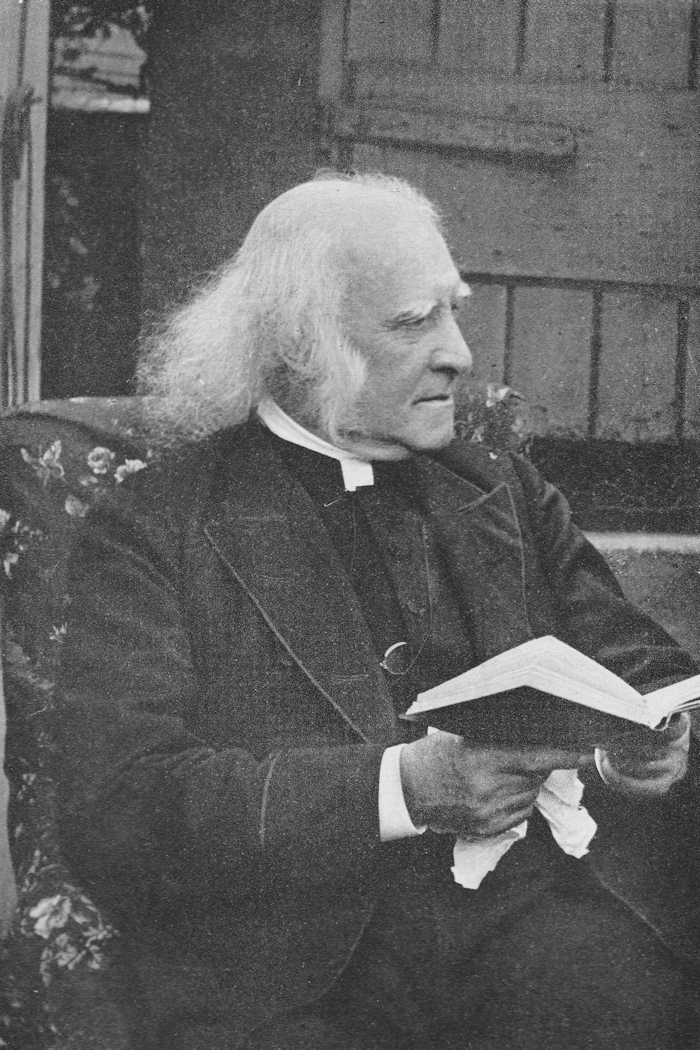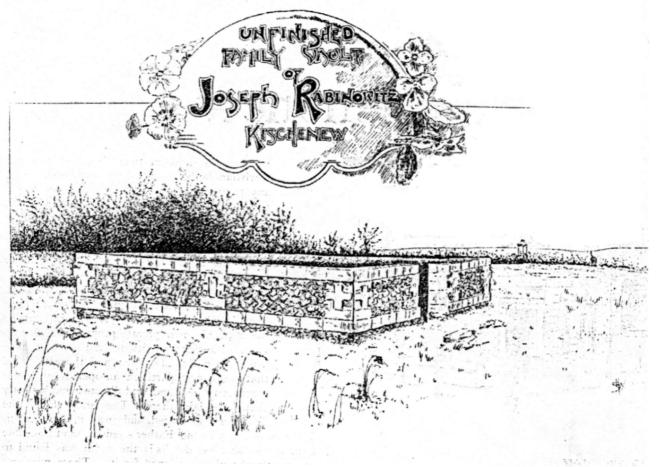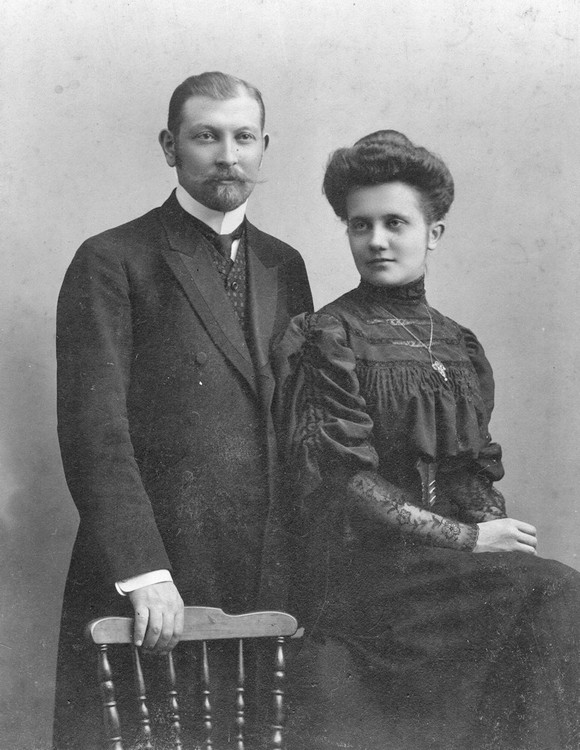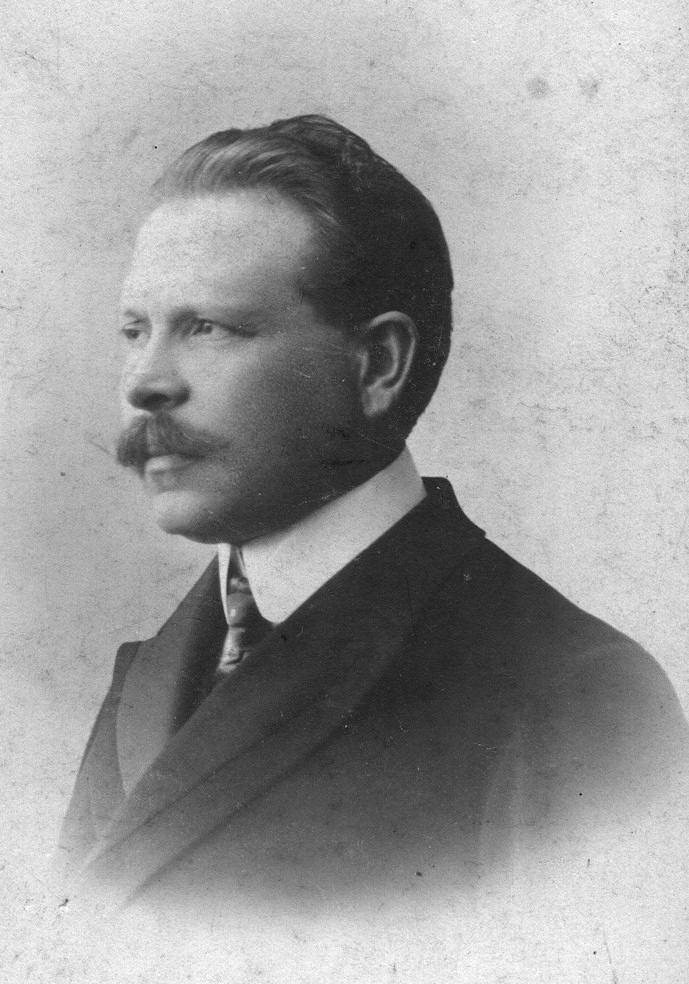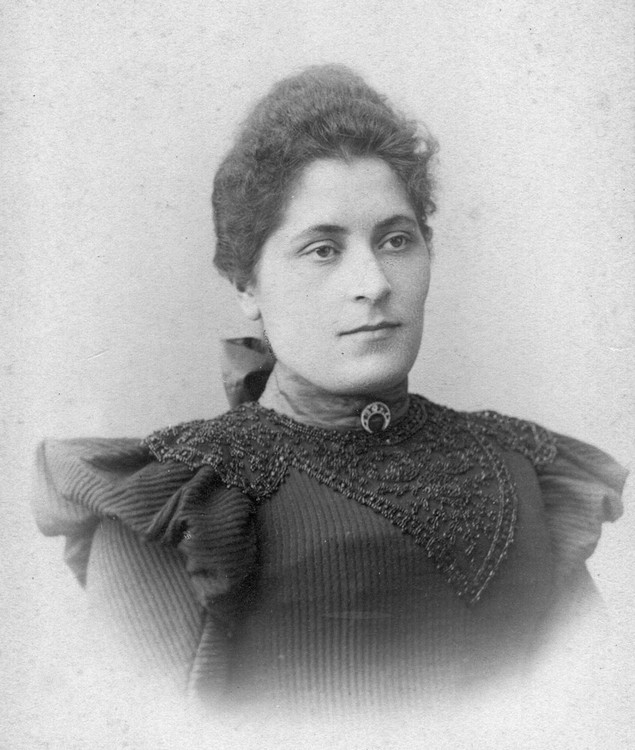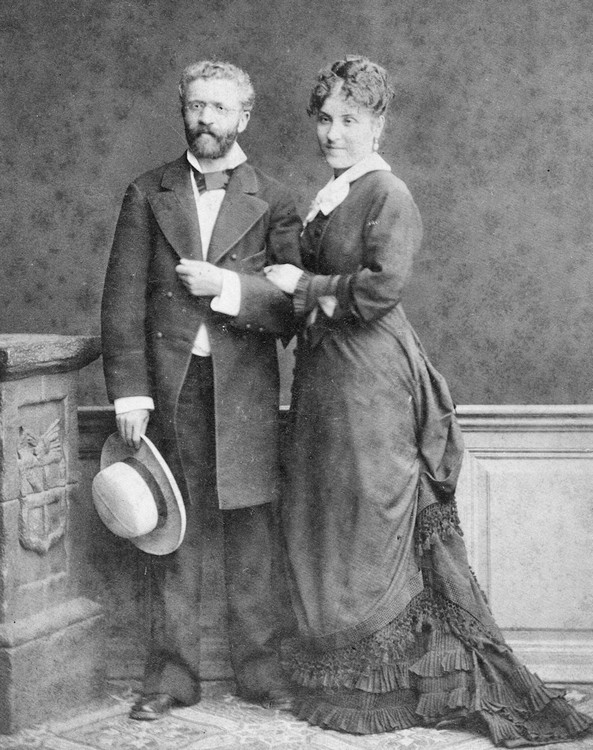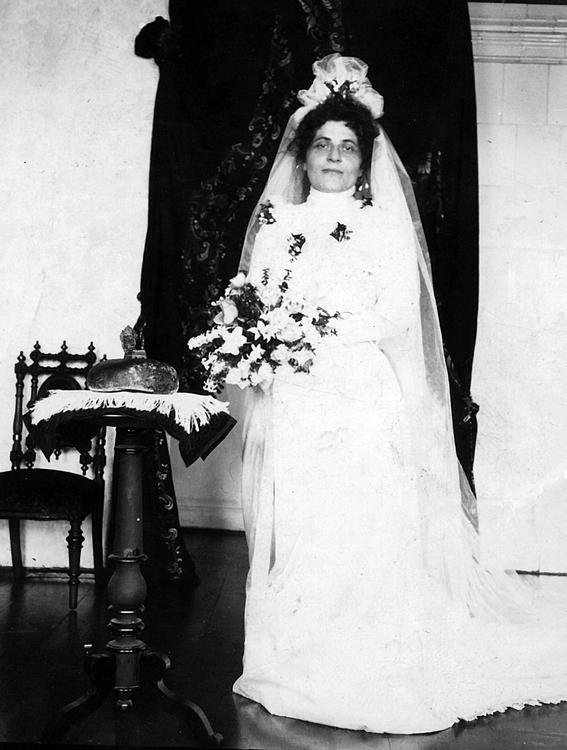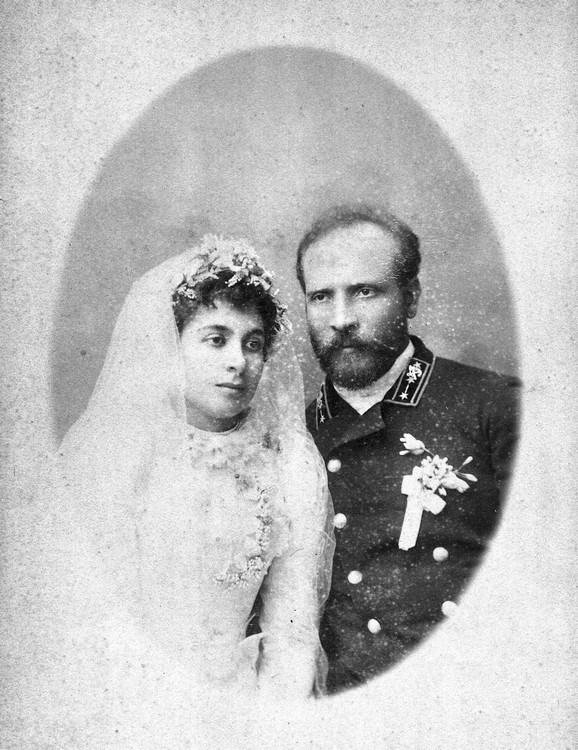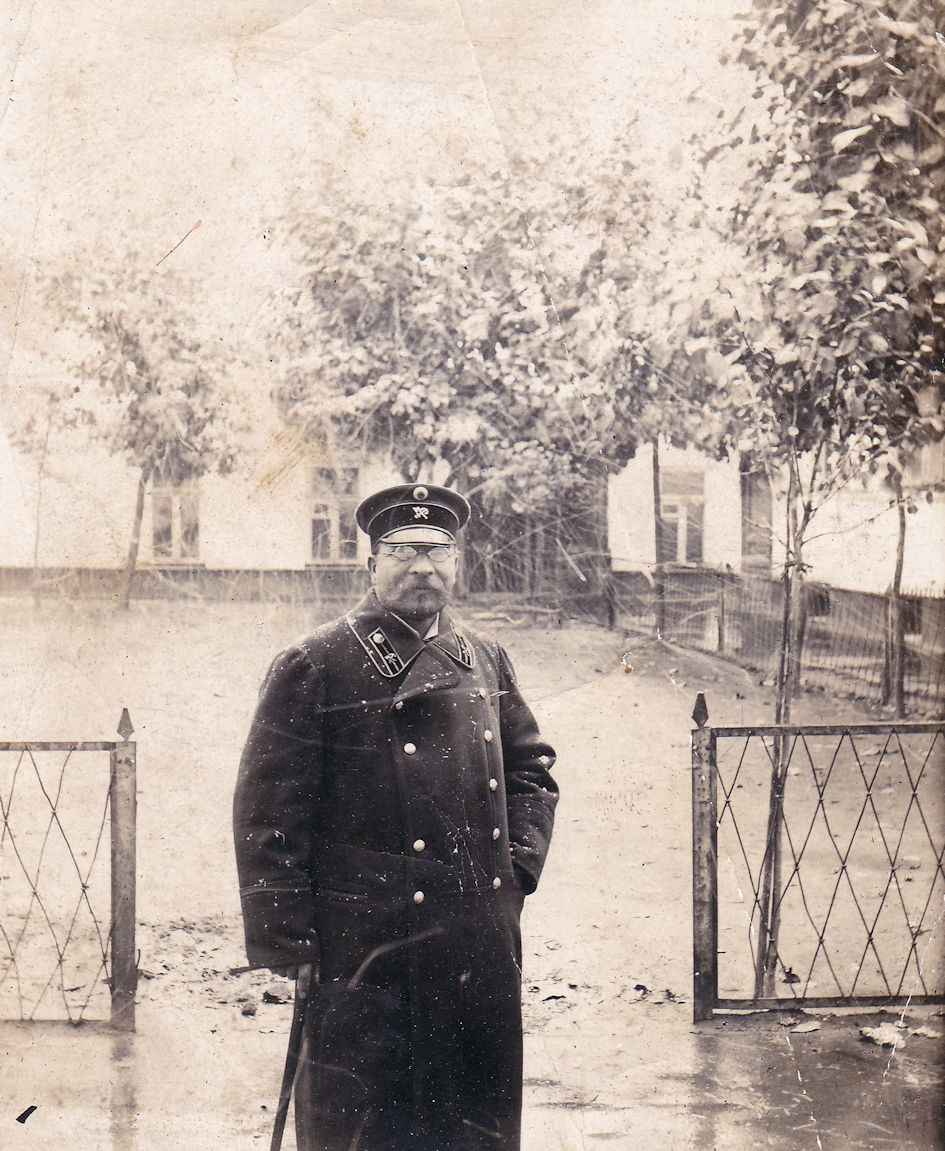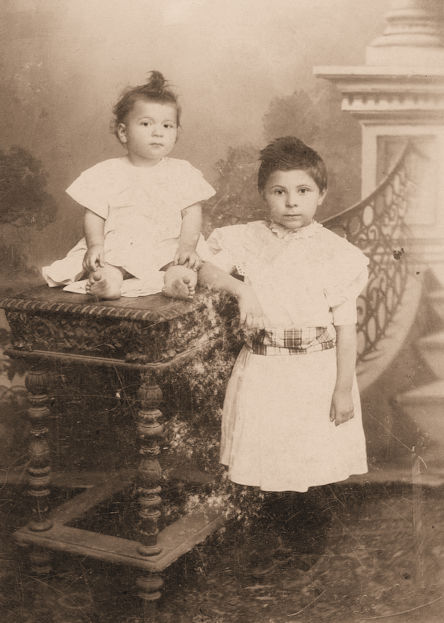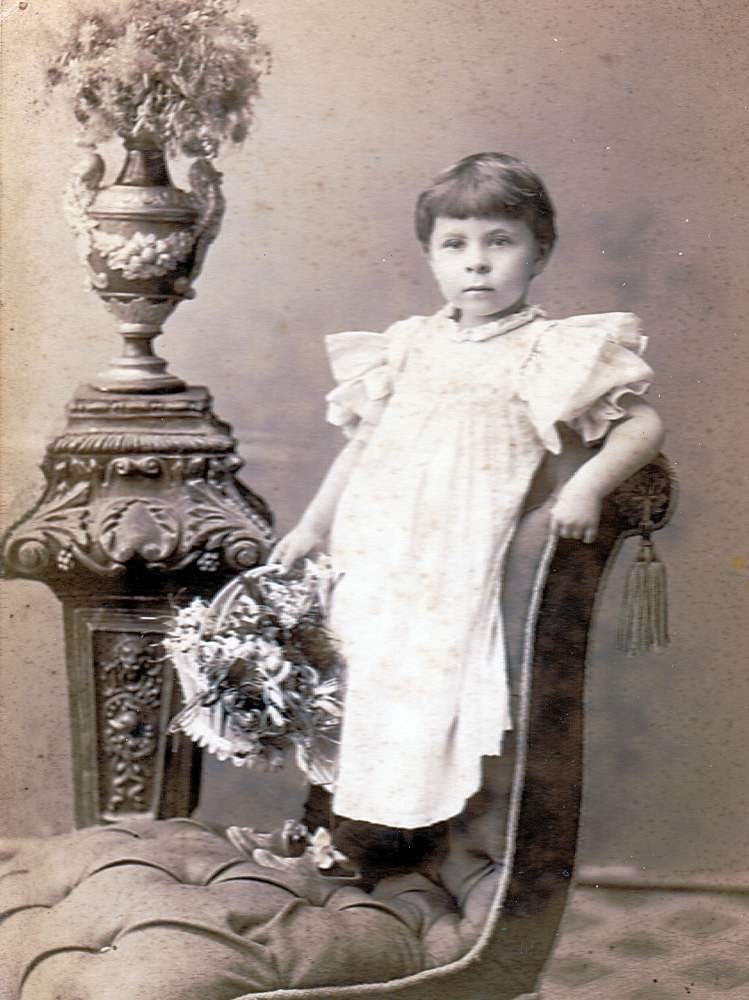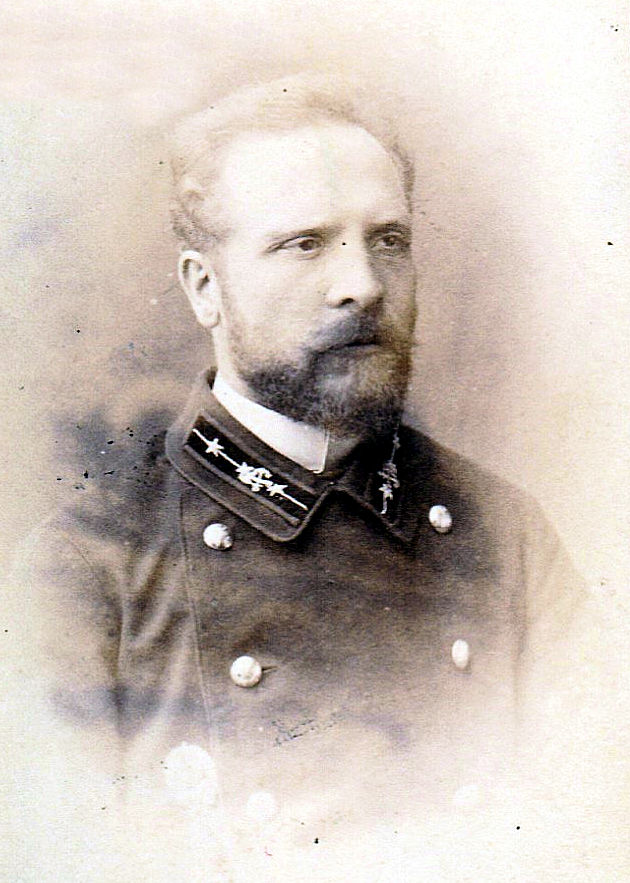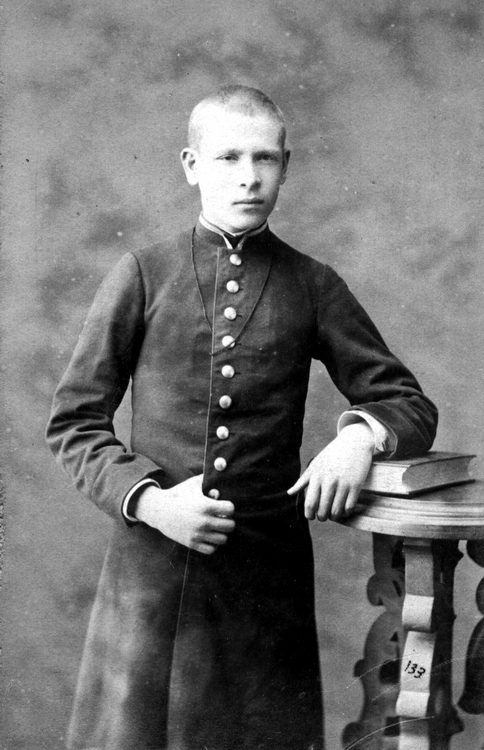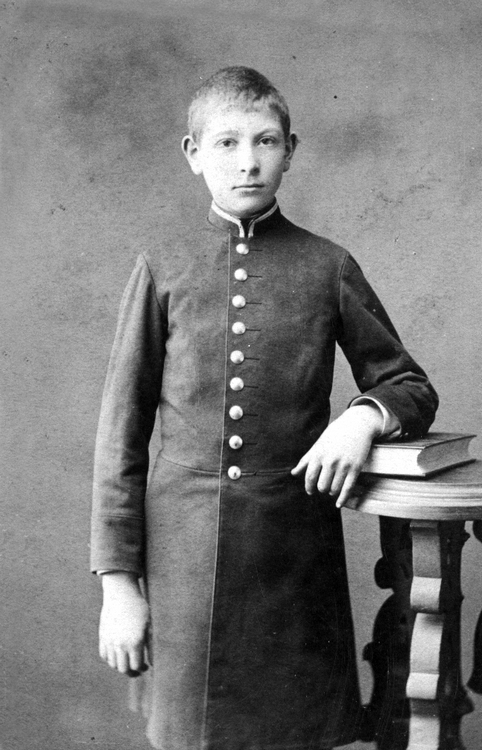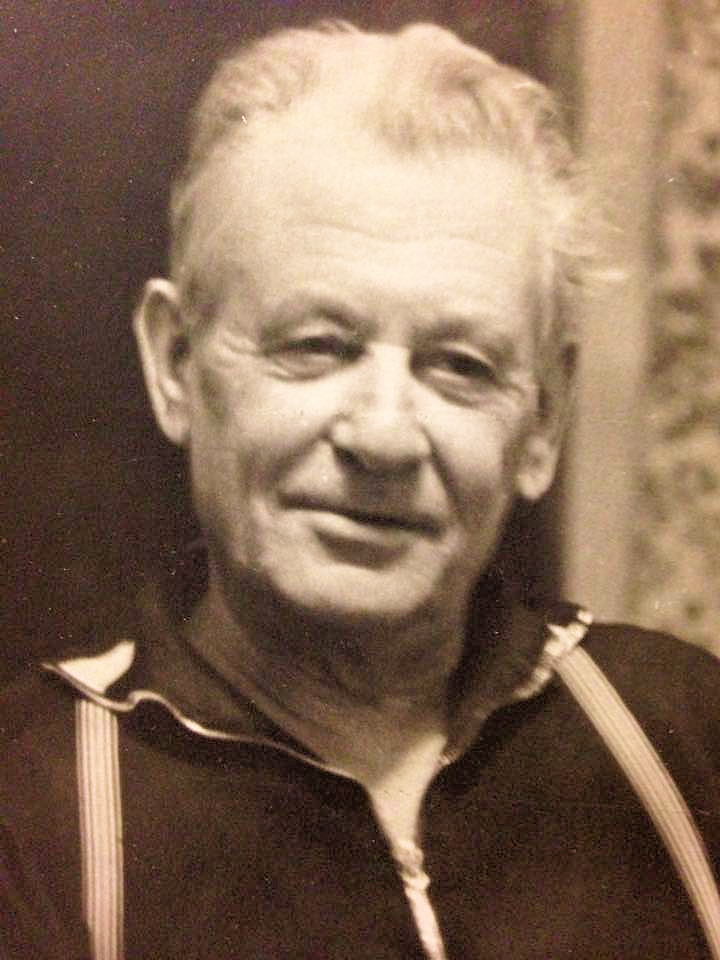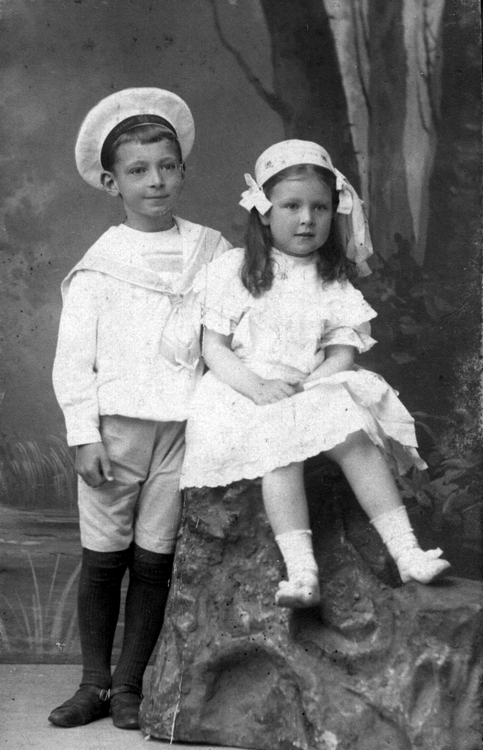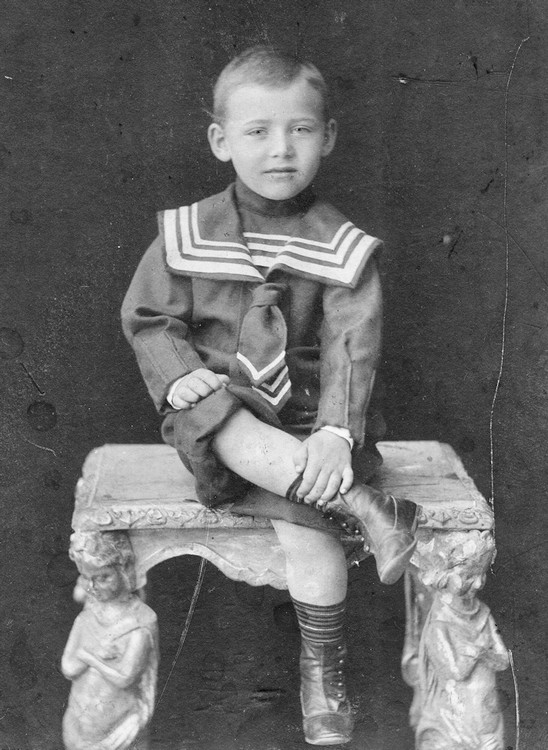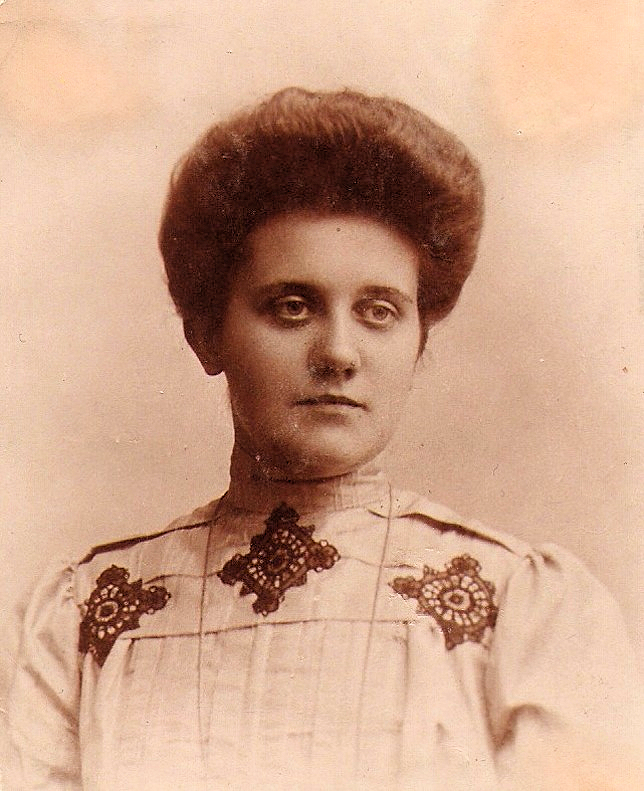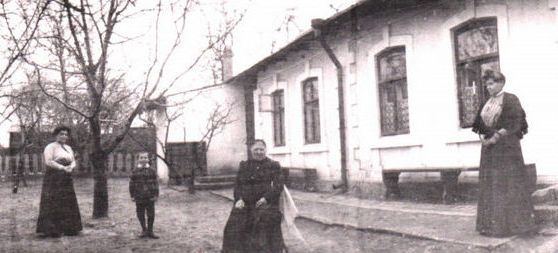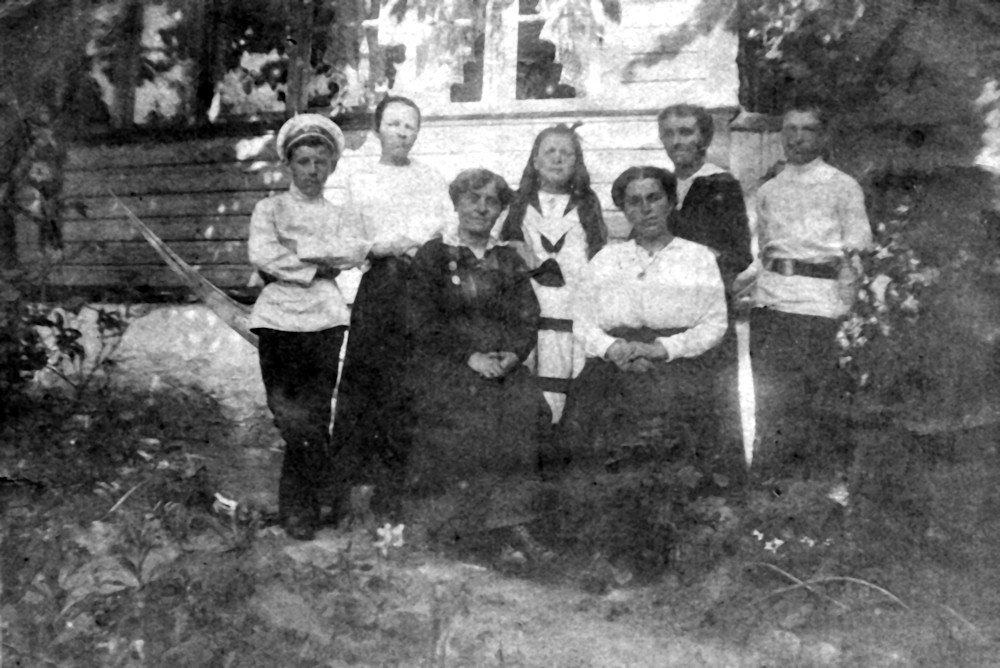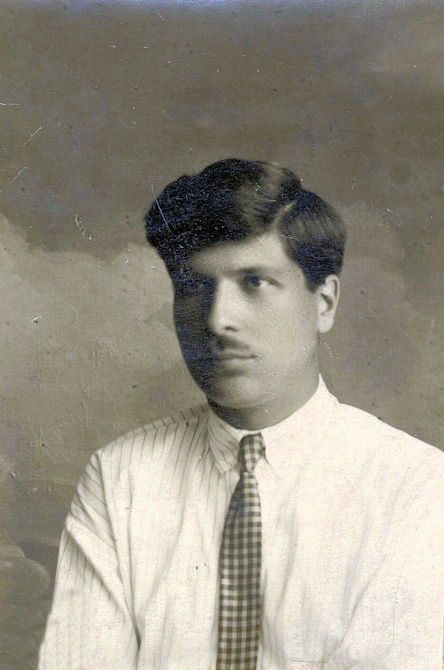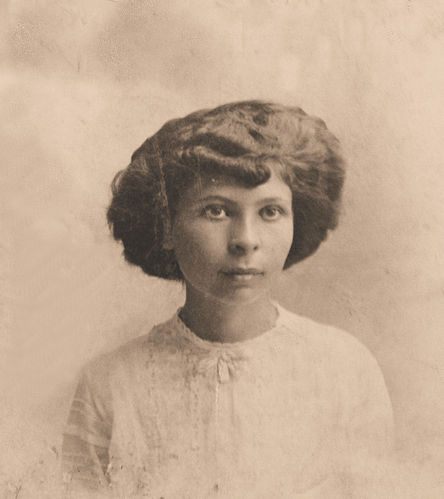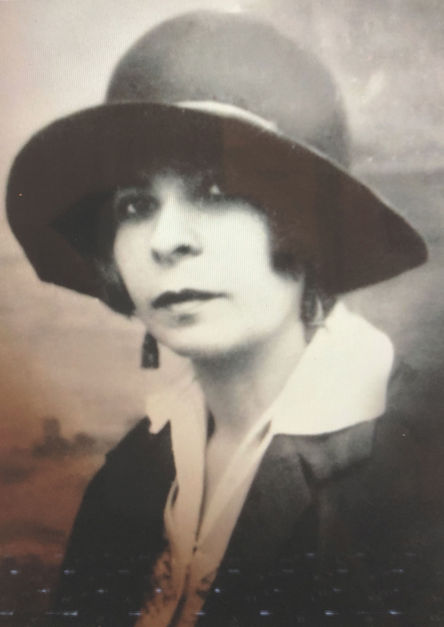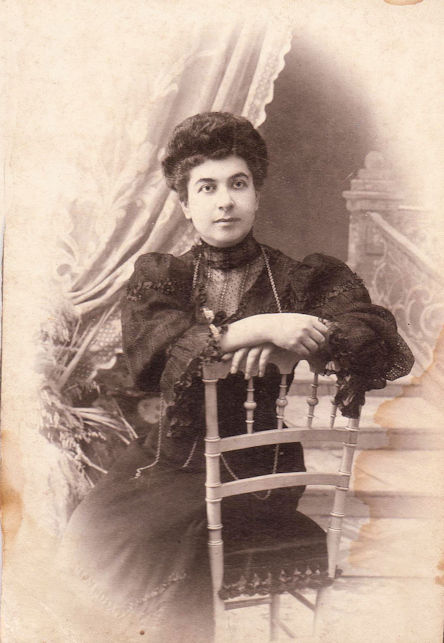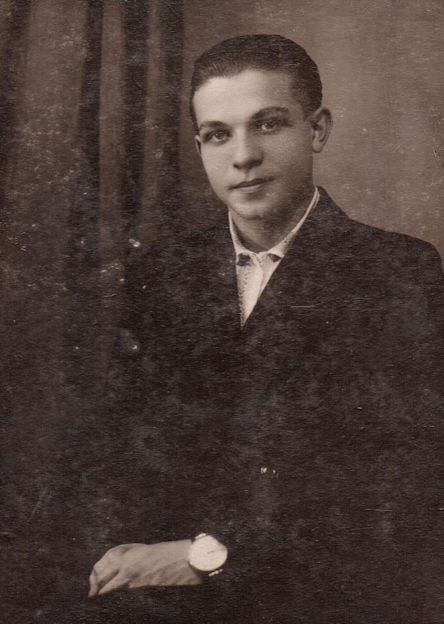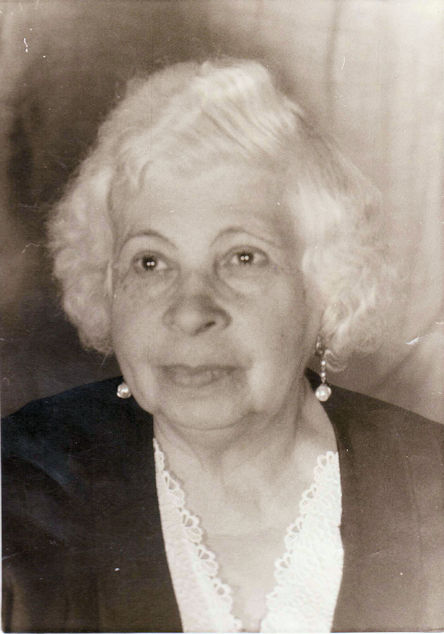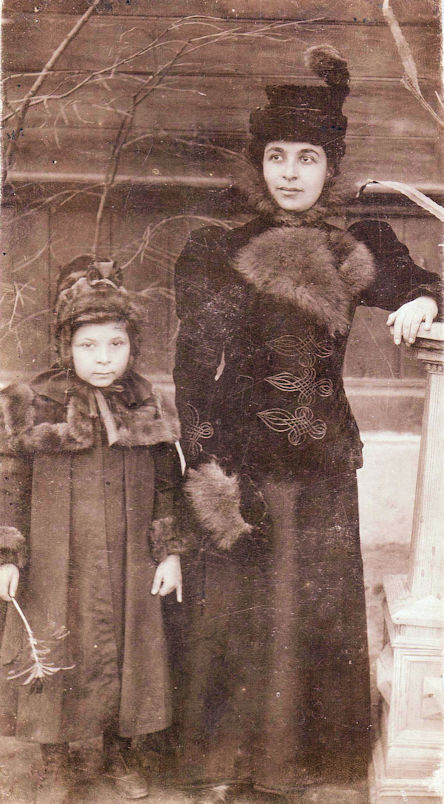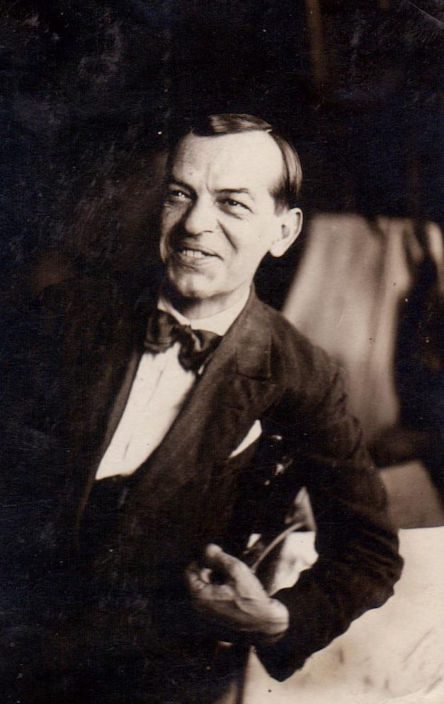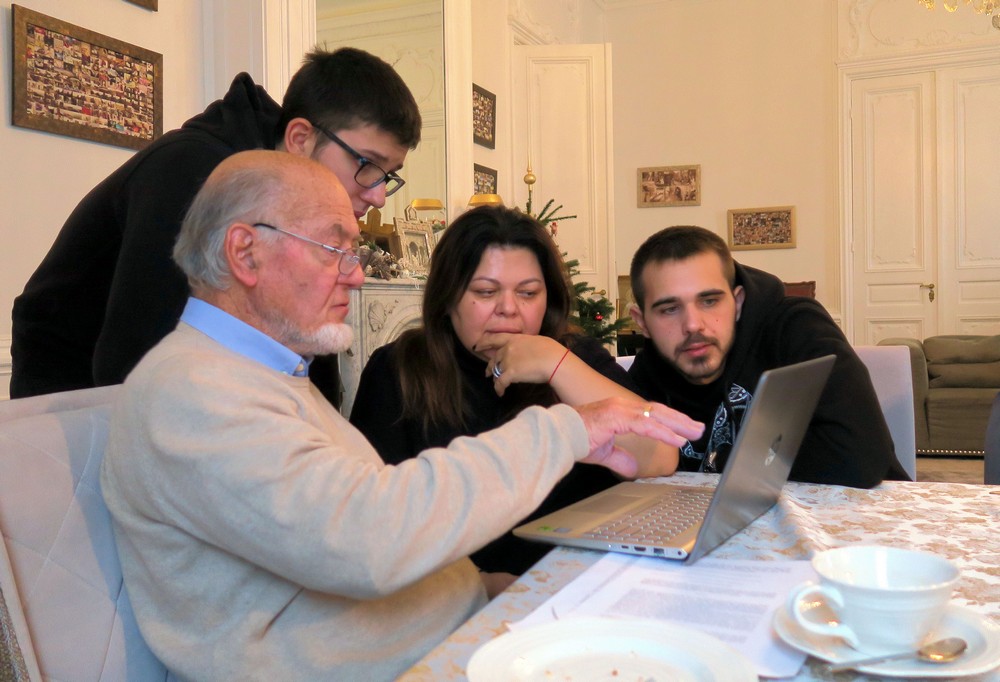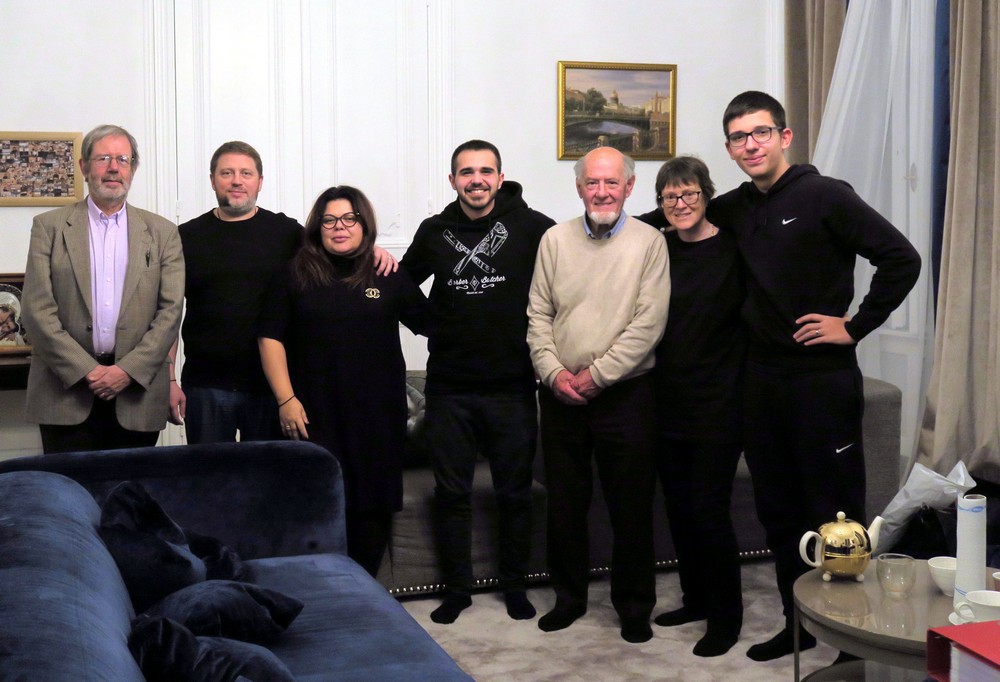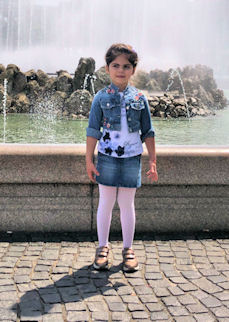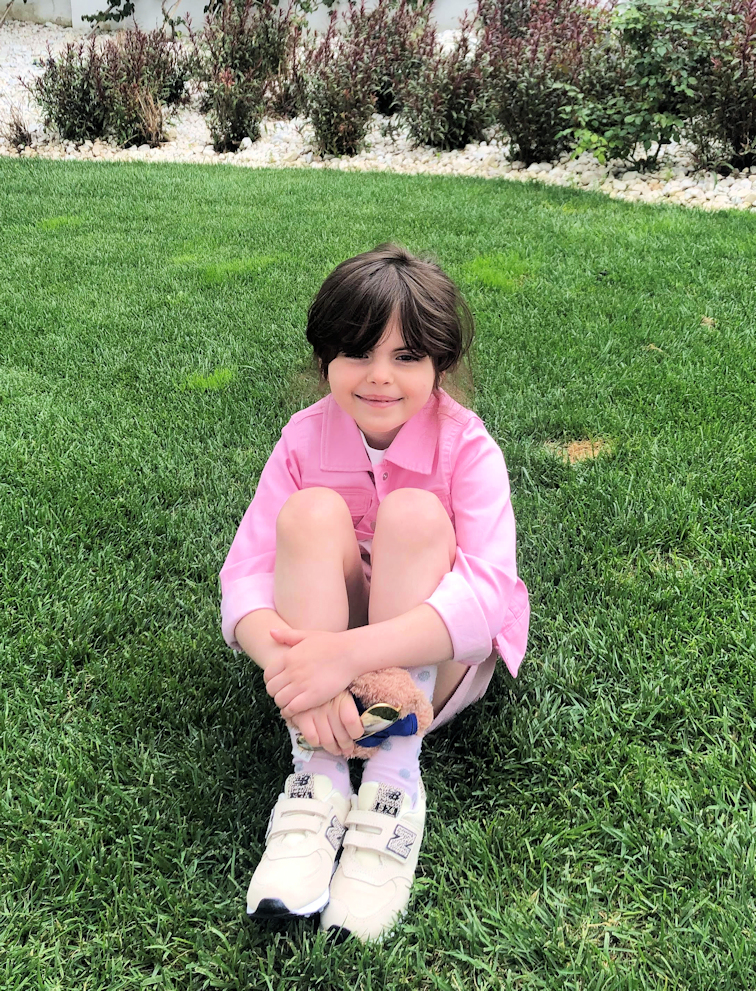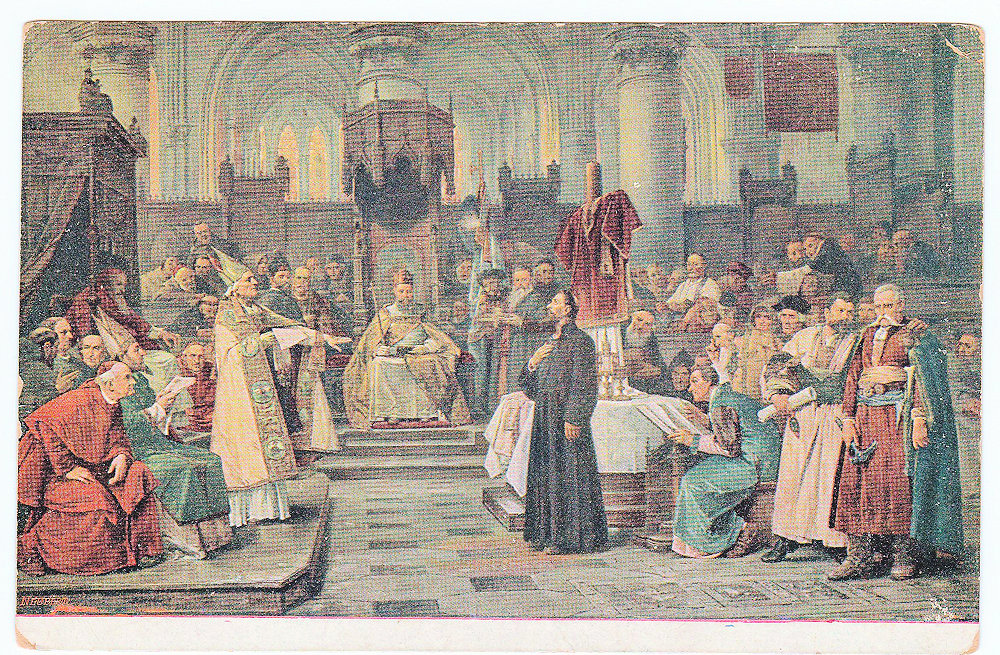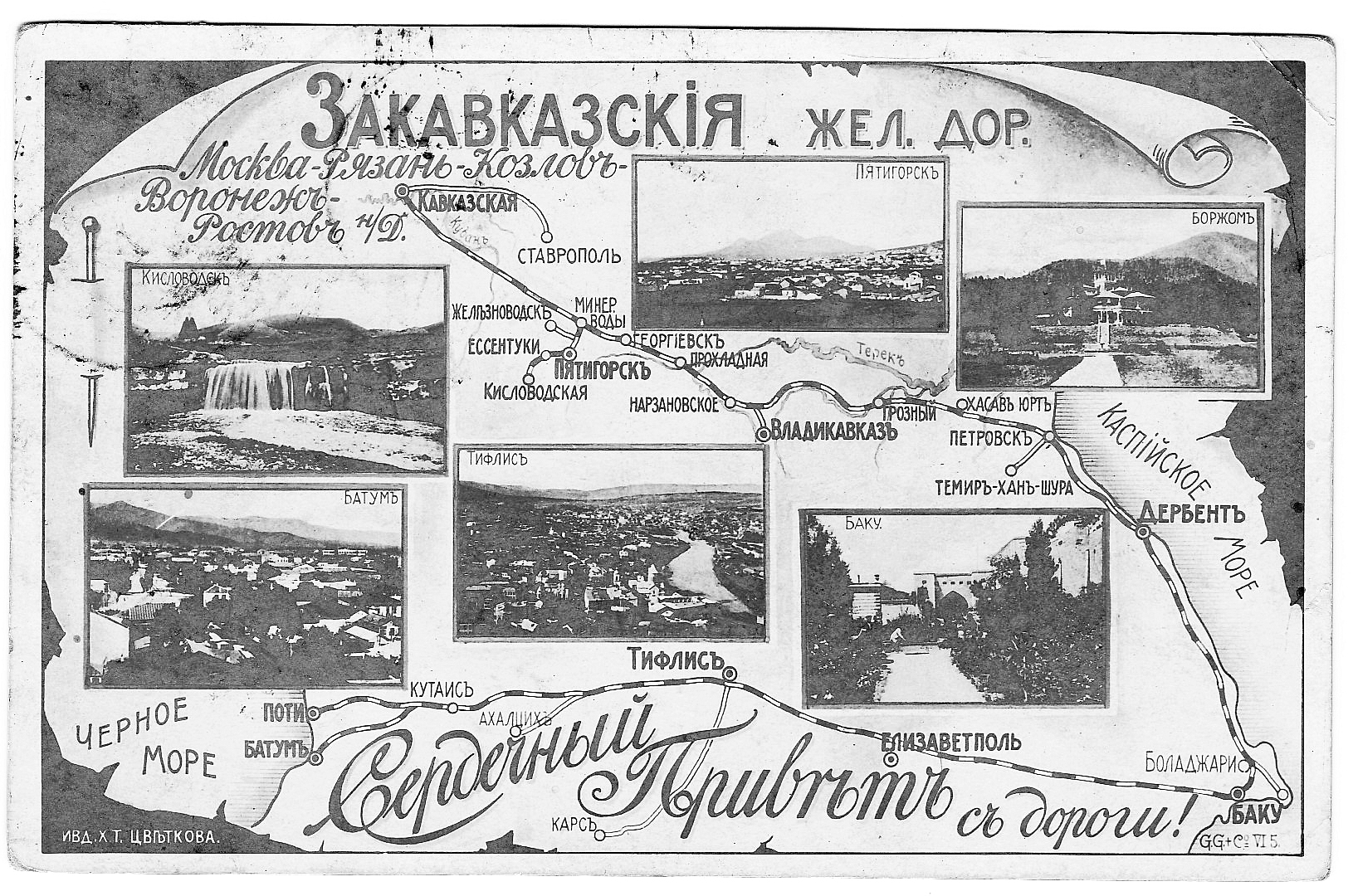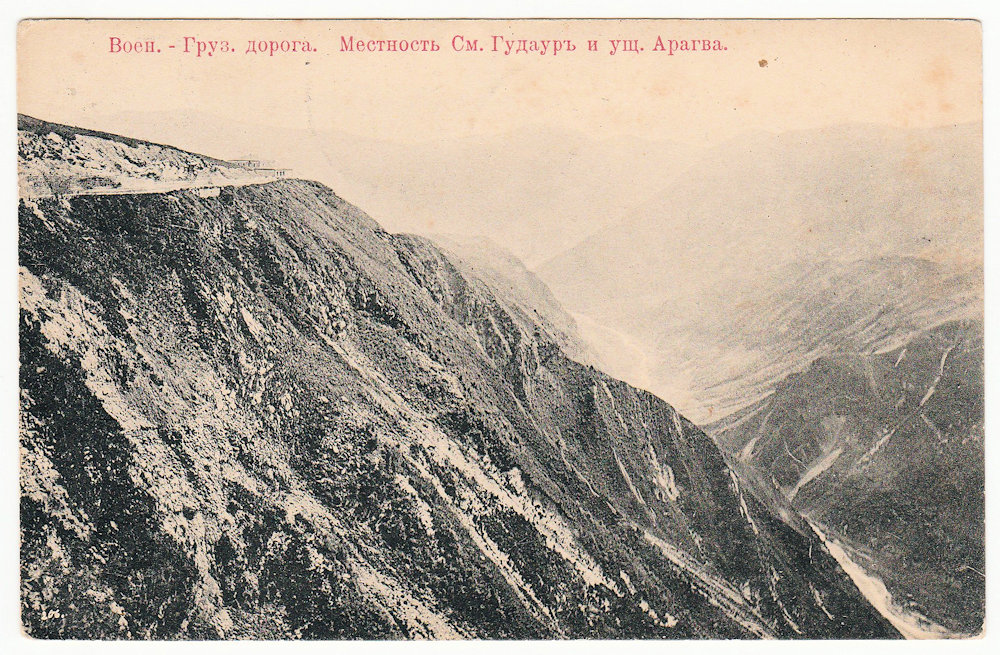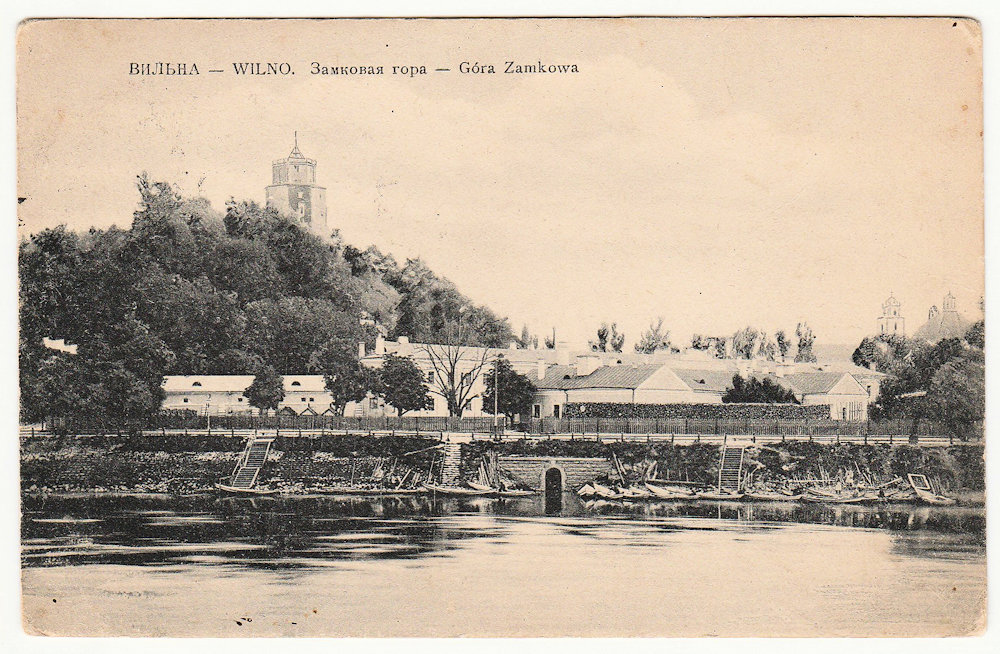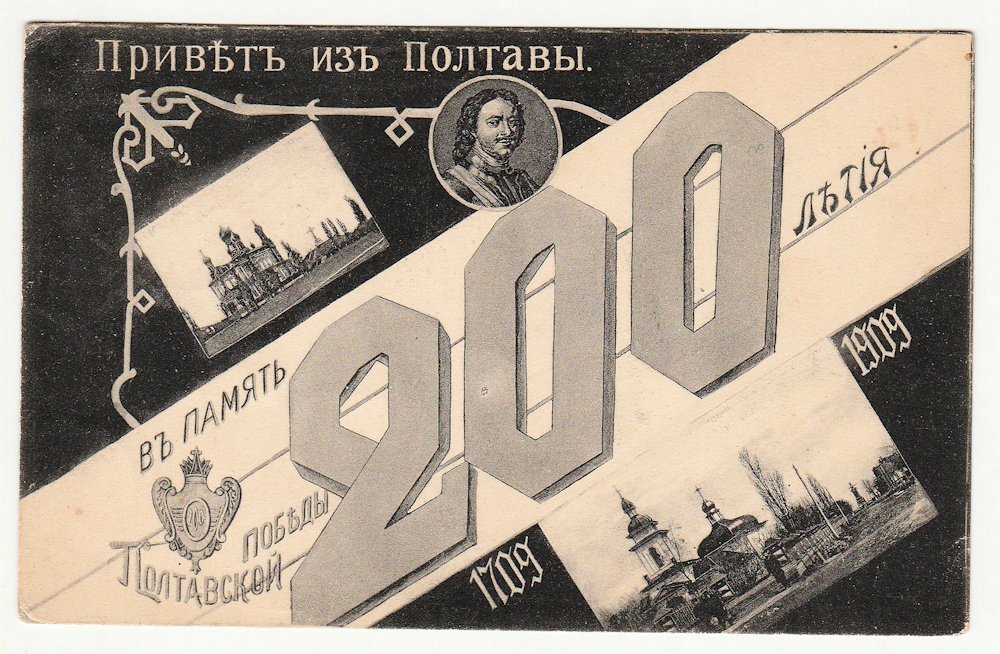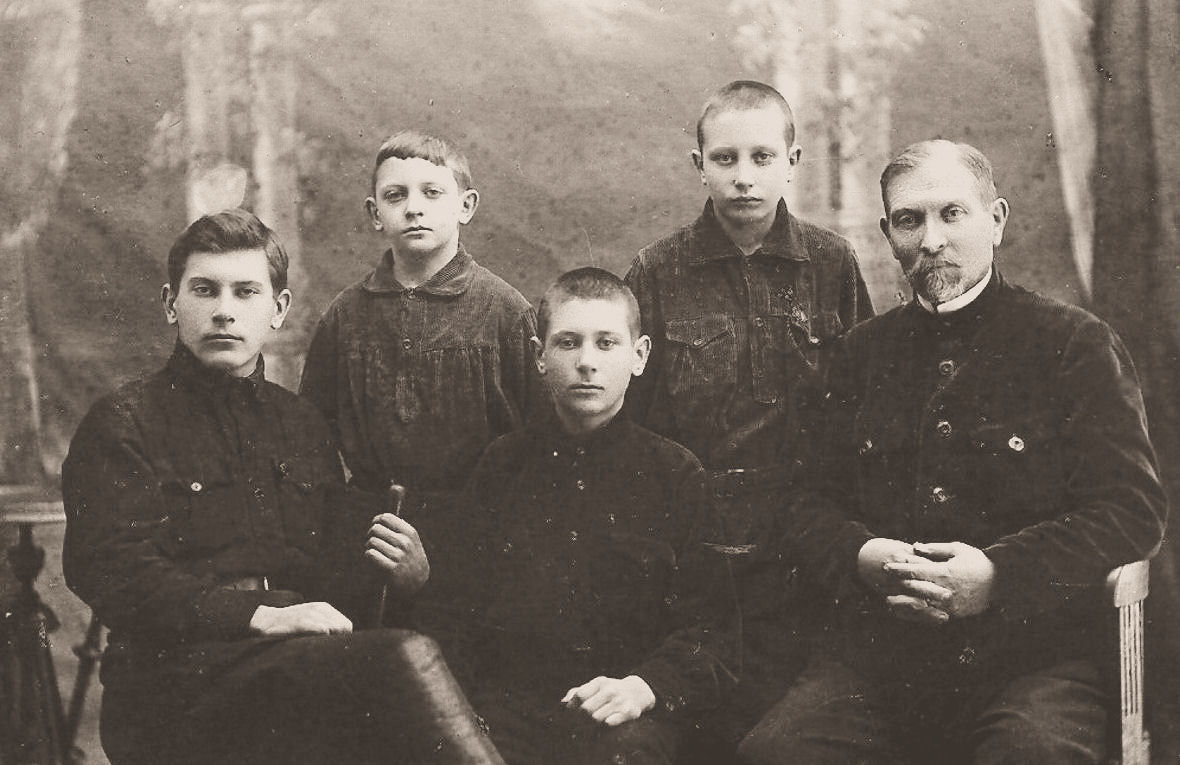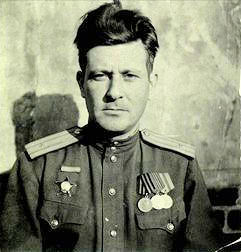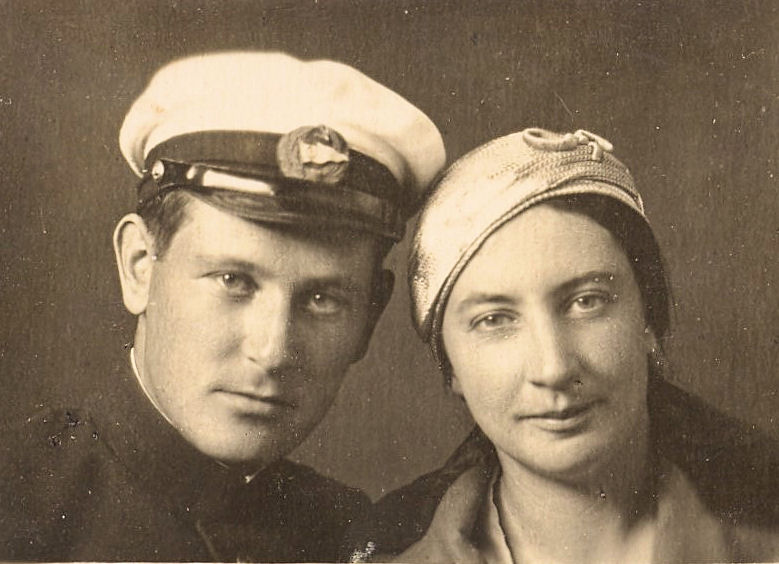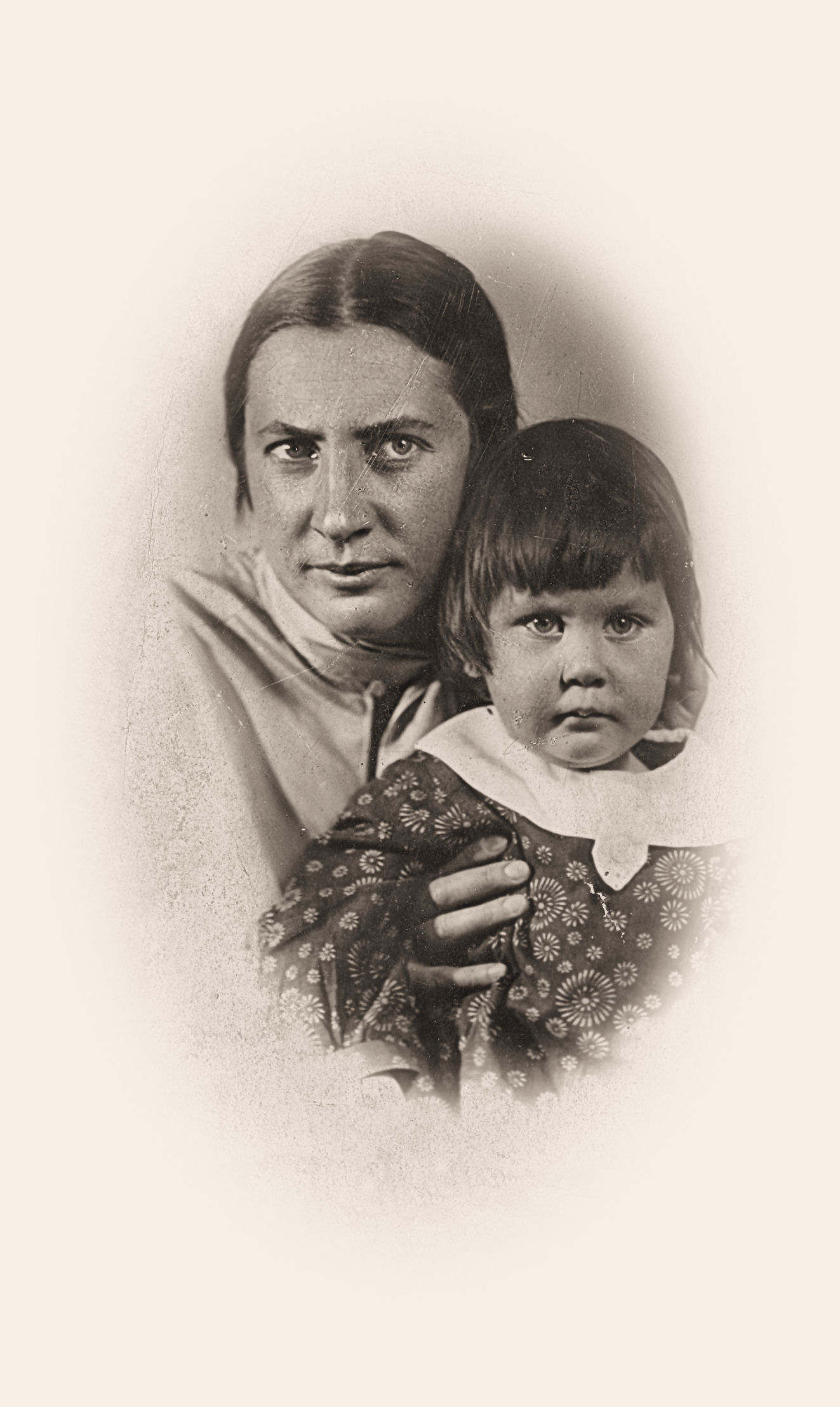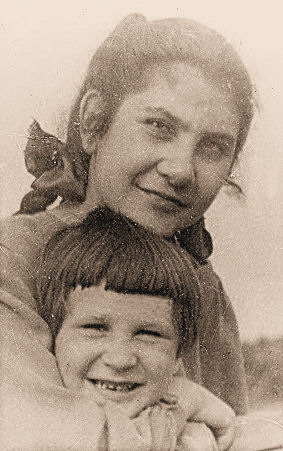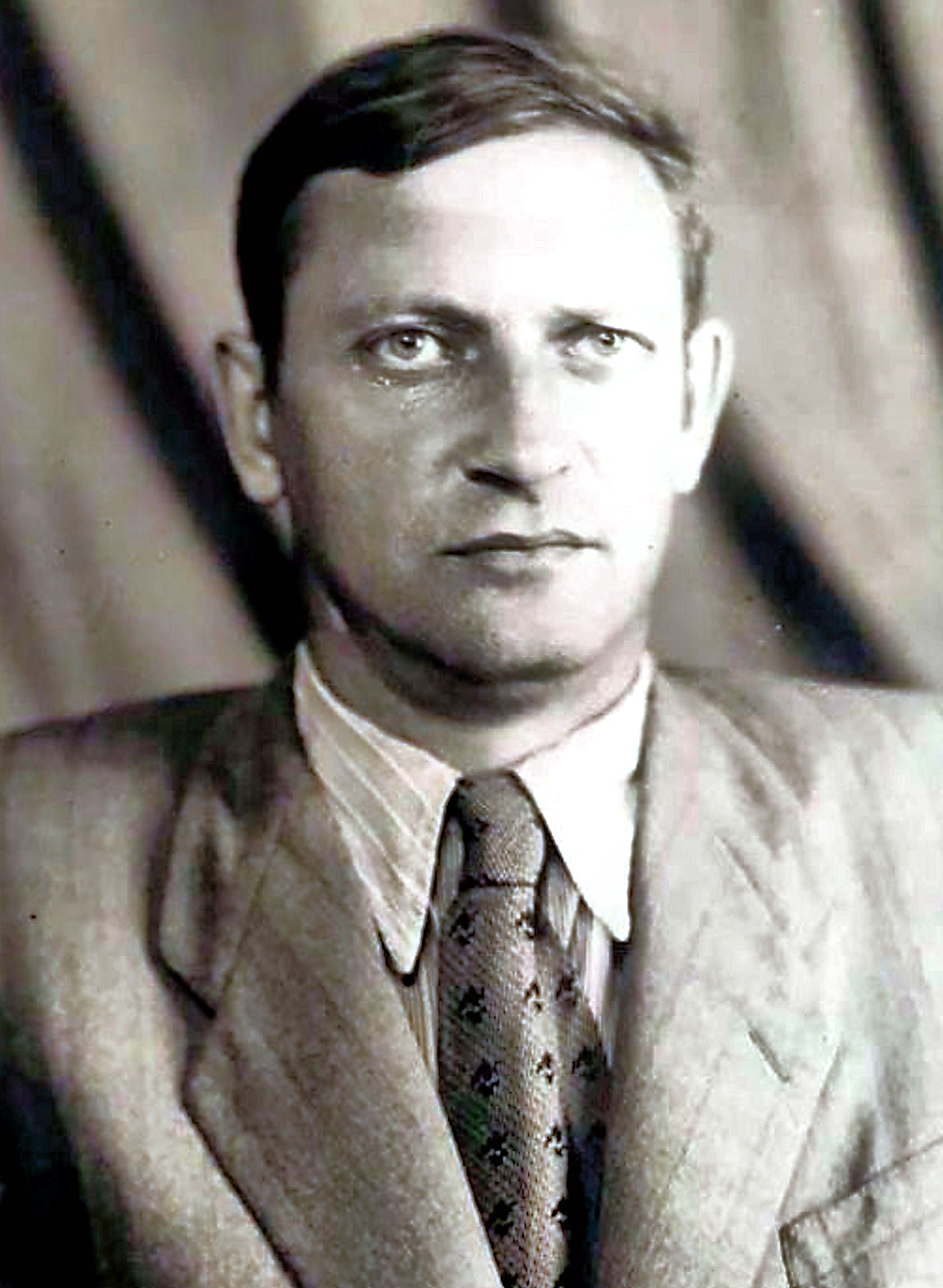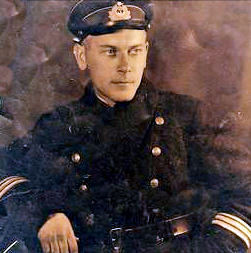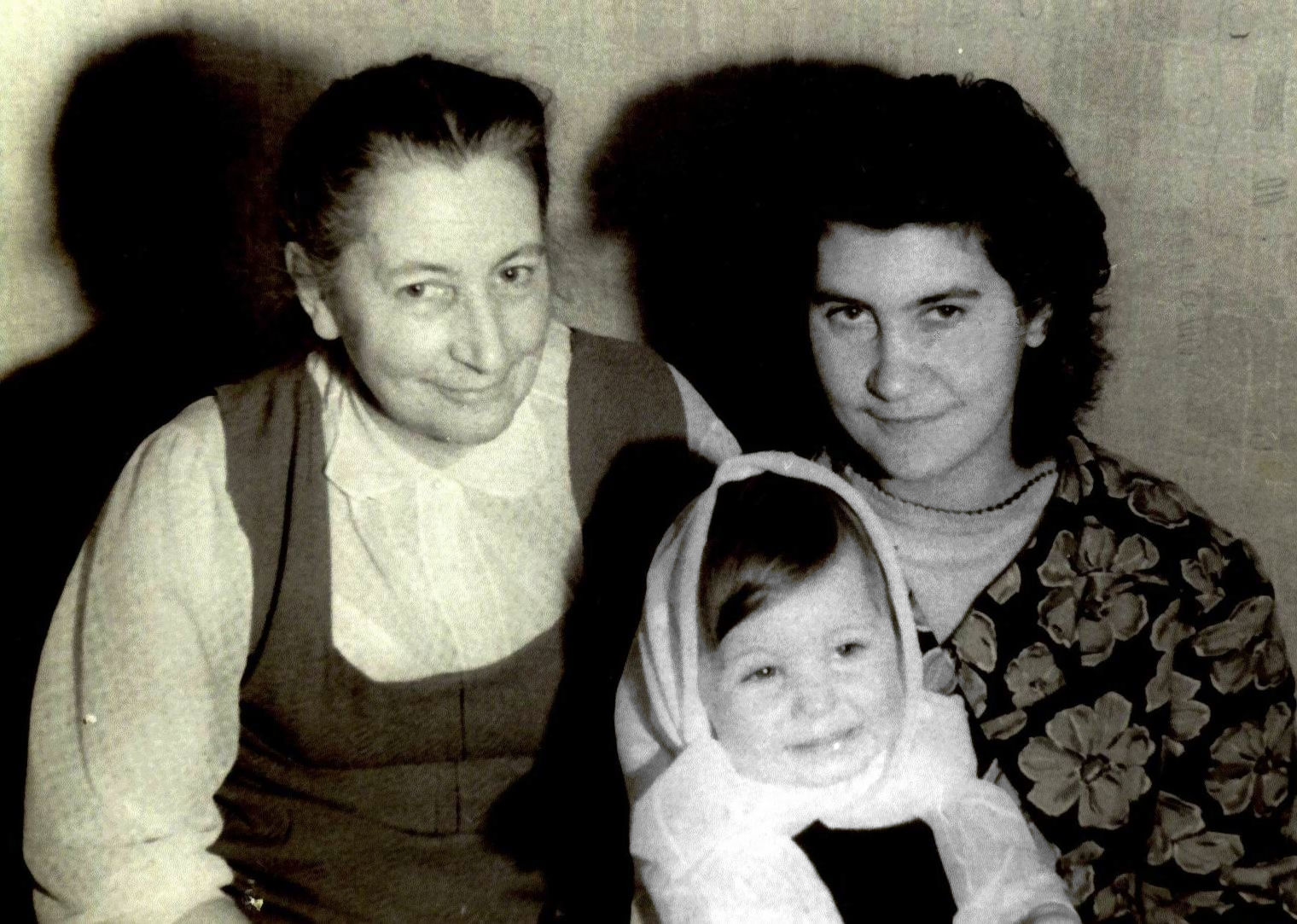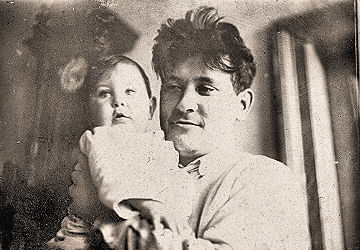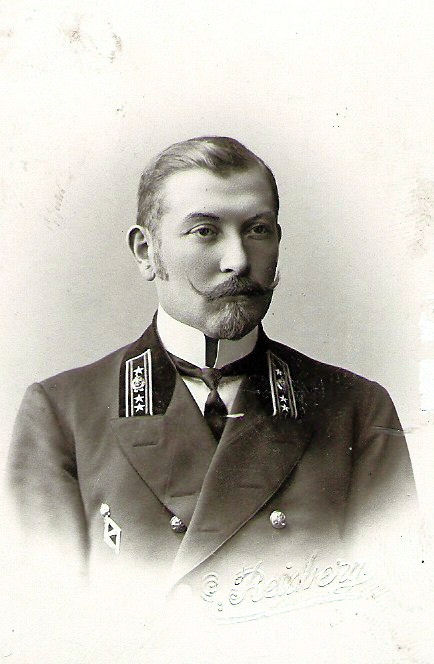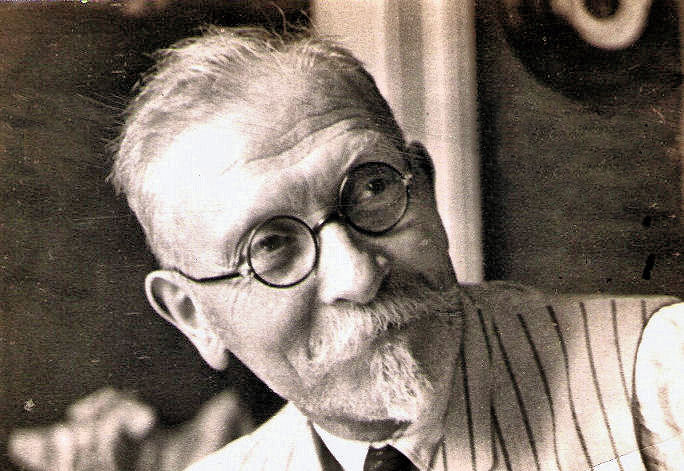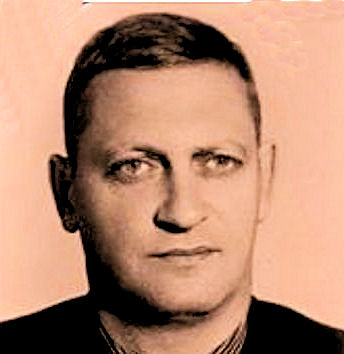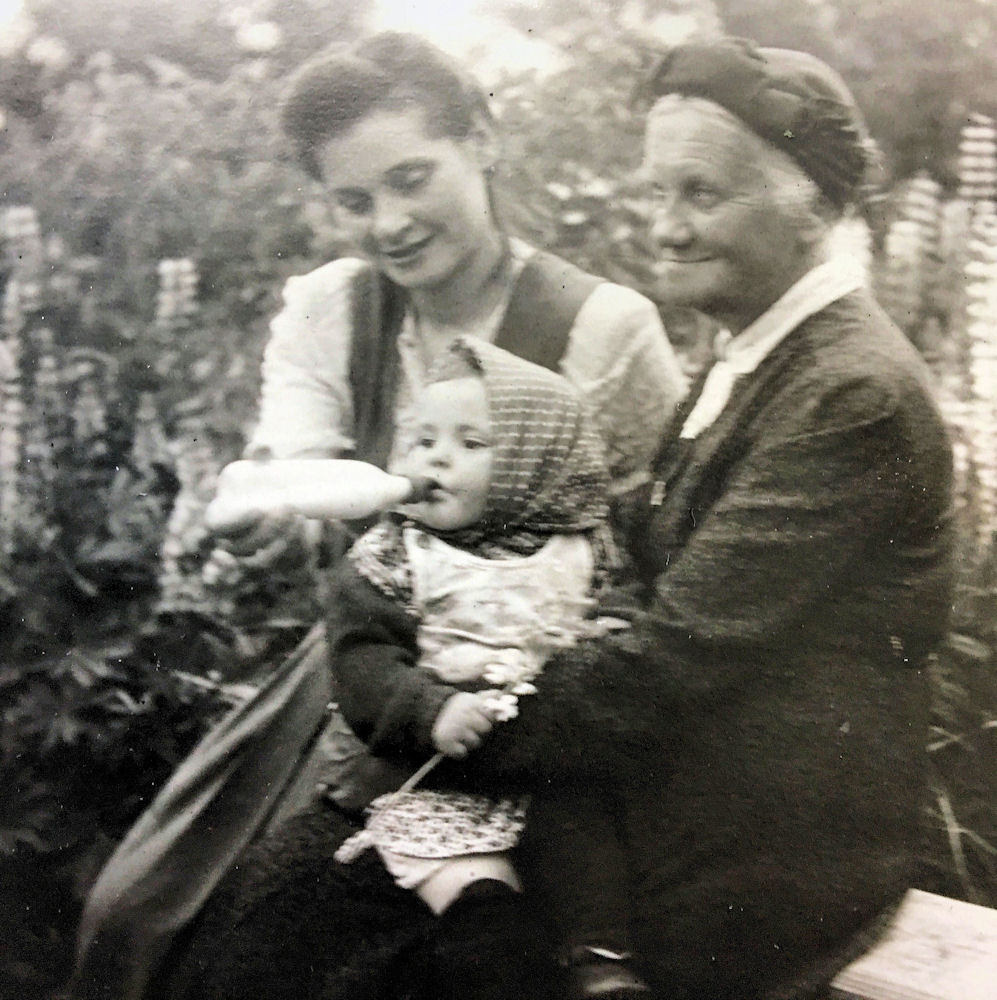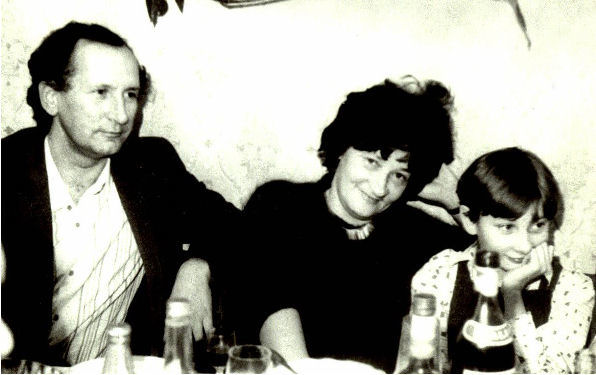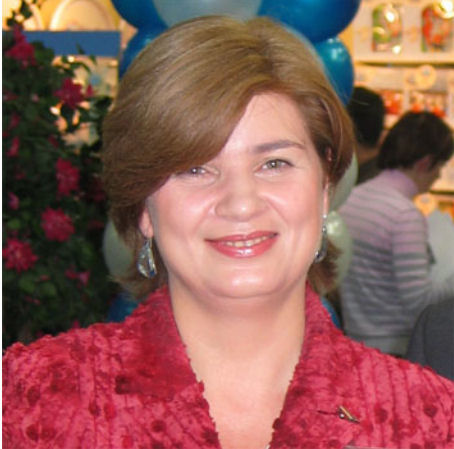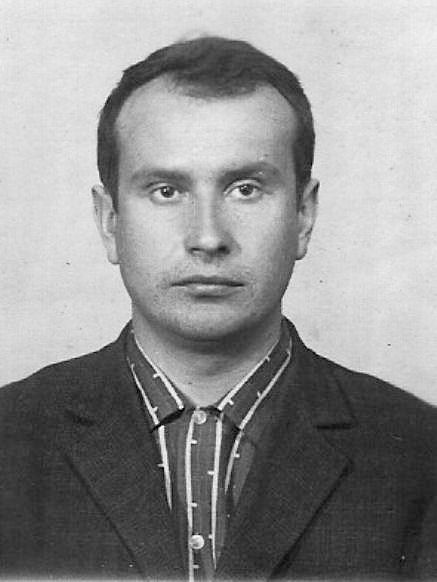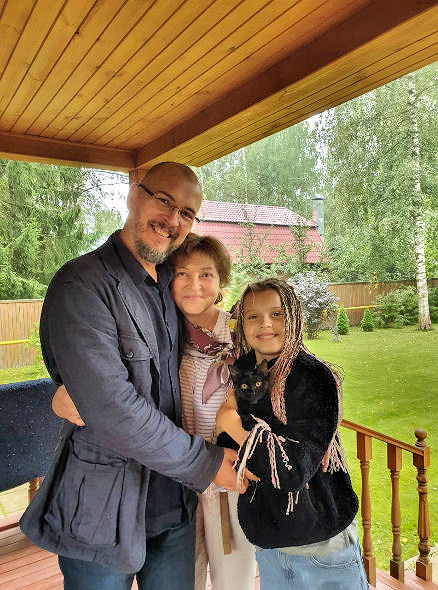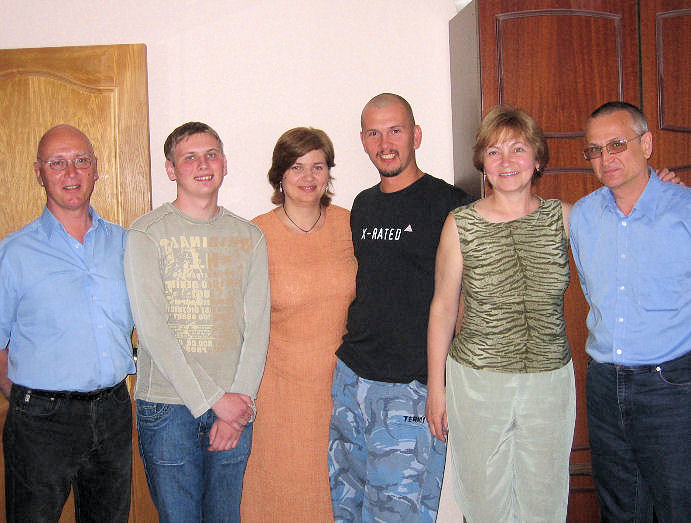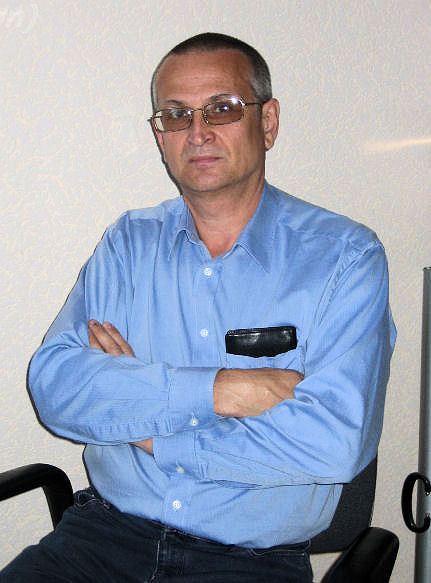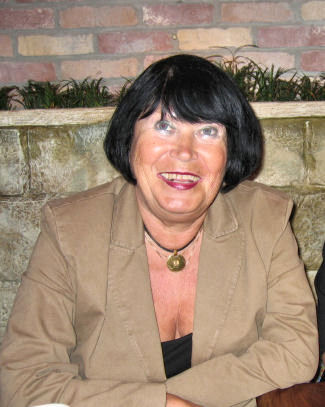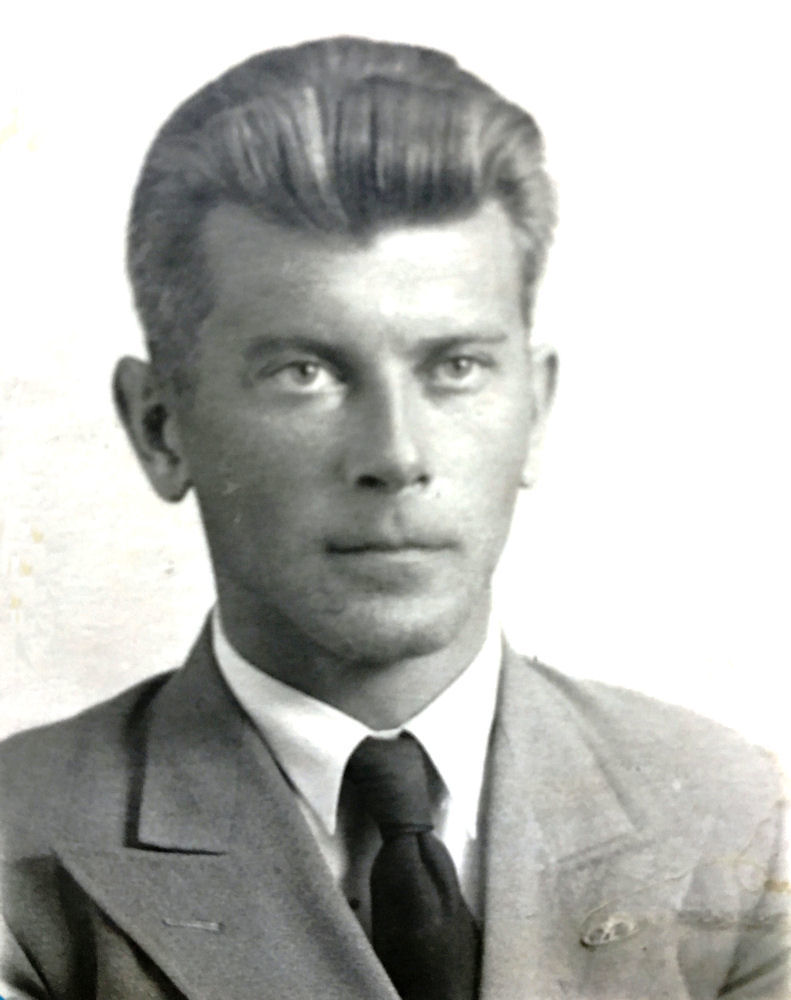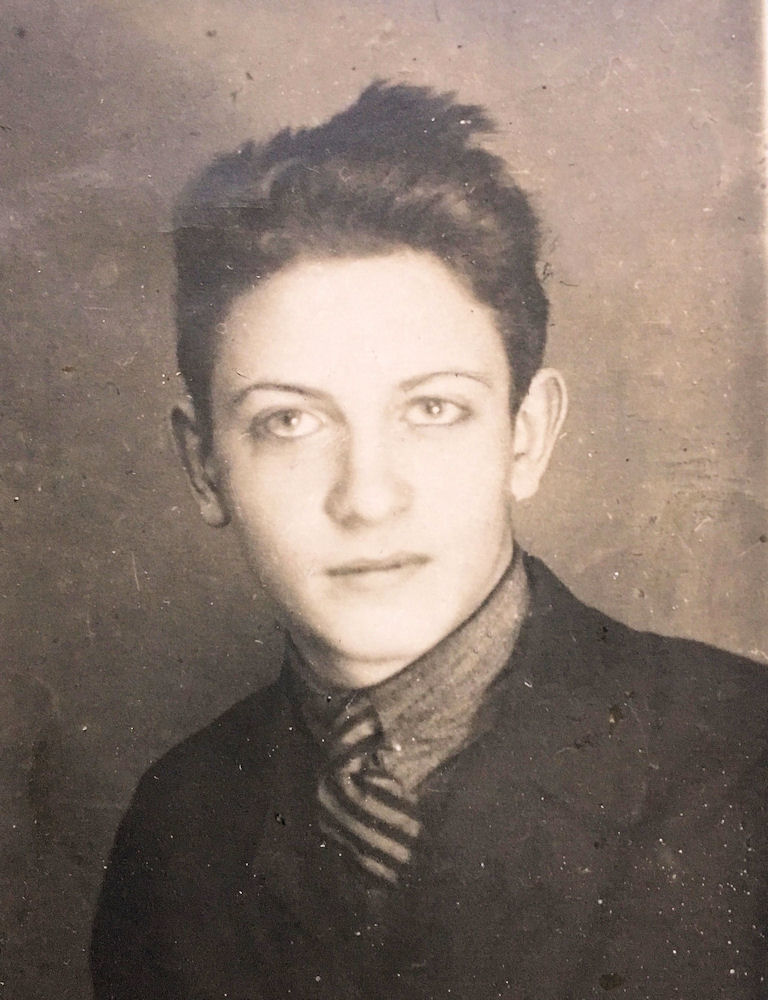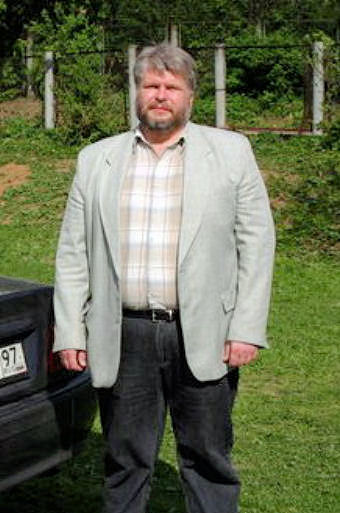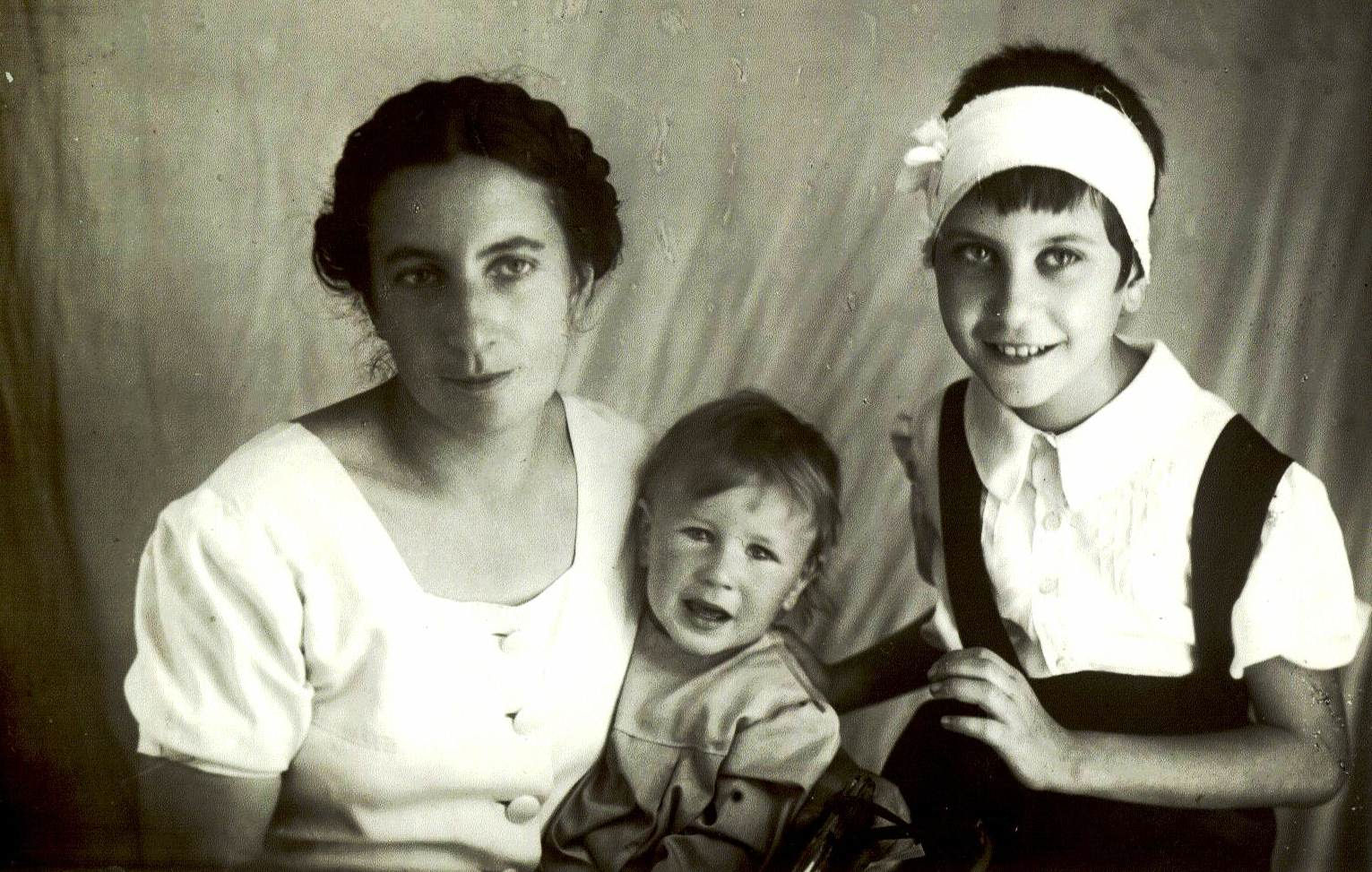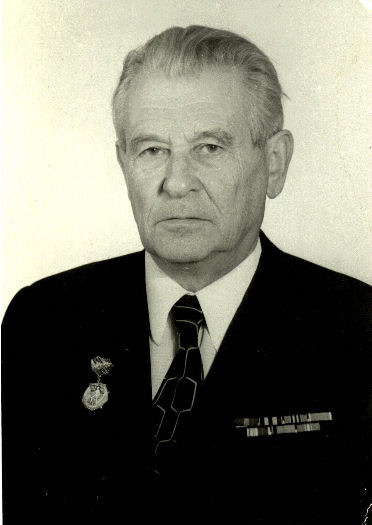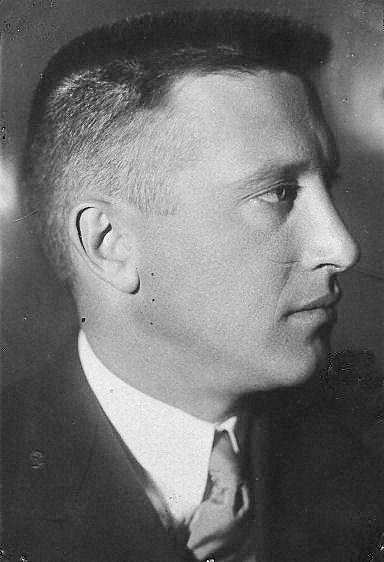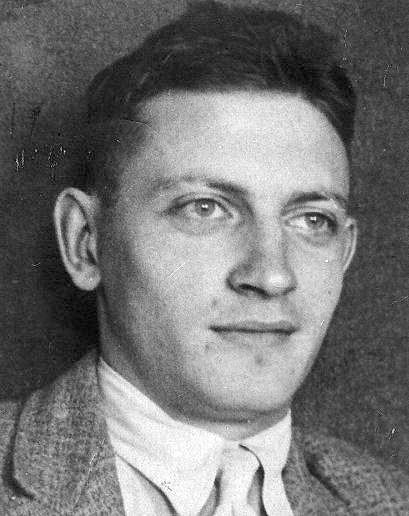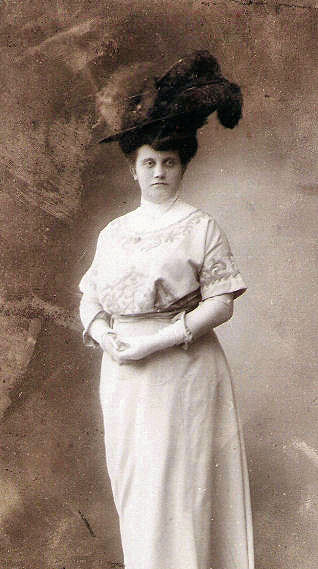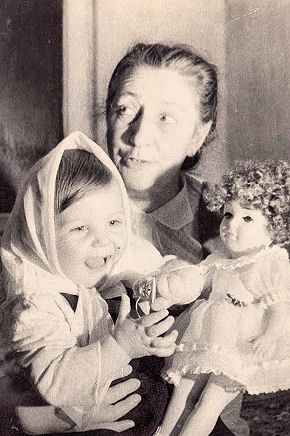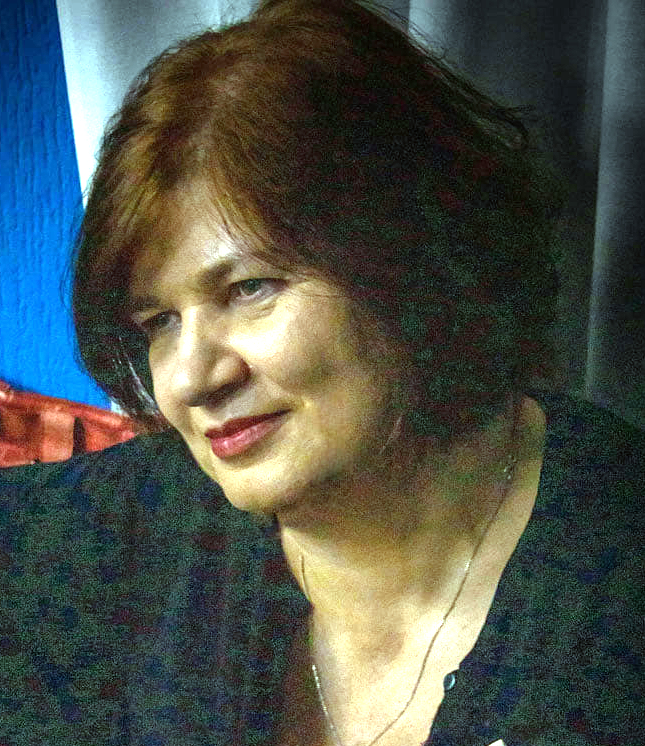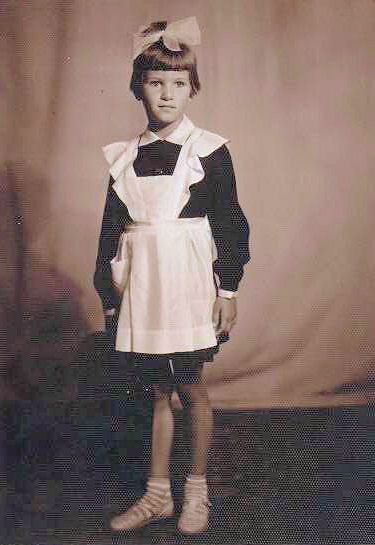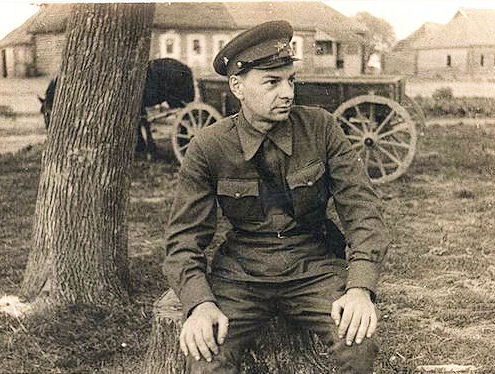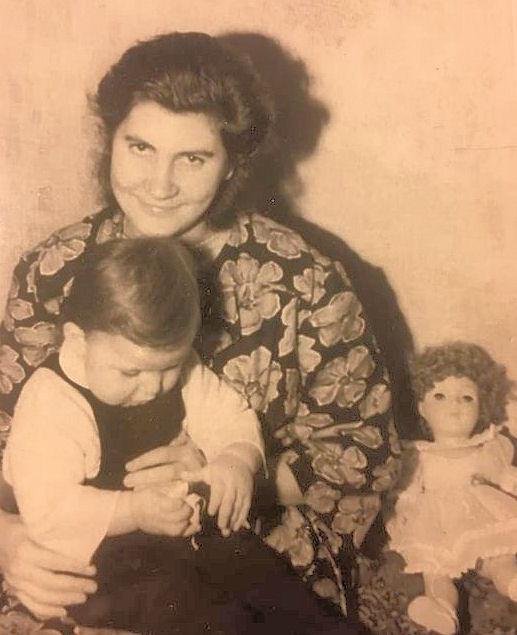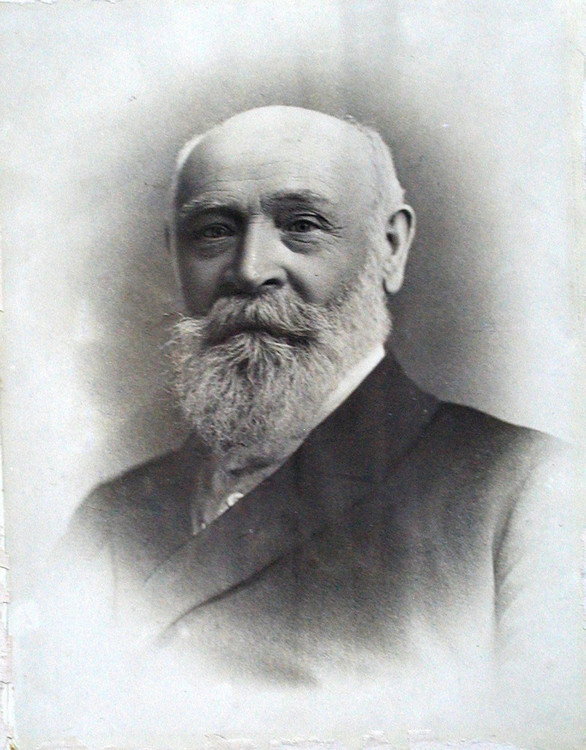
The following information is based on Joseph's autobiography, items from the 'net' and writings on the lives of others associated with Joseph, together with documents in my possession.
Joseph Rabinowitz was born 23 September 1837 in Rezina Bessarabia. Both his parents were from rabbinical families. His maternal grandfather, who was an adherent of Chassidism in Rezina, brought him up. From 1848 his upbringing was transferred to his paternal grandfather in Orgeyve where he studied the Talmud under a paid Rabbi. On 23 July 1853, at the age of 15, a matchmaker arranged for him to be betrothed to Golda Goldenburg, who was also from a rabbinical family. He learned logical thinking in the writings of Moses Mendelsohn and Reform Judaism. Joseph wrote in his autobiography
"In these days Chassidism burnt like a fire on the alter of my heart and had half devoured my flesh, but the flood of scientific progress had advanced from Central Europe to Bessarabia too and these waters gradually began to calm and the fire in my heart and to extinguish it. It was required to fulfil the decree, which laid down that all the children of Hebrews in Russia should learn to speak and write Russian and that all Israelite teachers would have to instruct their pupils in the Holy Scripture according to the explanation and the German translation of Moses Mendelssohn. I had already begun on my own to learn to speak and write Russian and had learnt from Mendelssohn's Pentateuch the ways of logical thinking and rational understanding. A new spirit was aroused in my inner self, an attitude towards the Law and the Prophets which was more in keeping with living reality began to demote the sacred position of the teachings of the Bescht, I was nearly in a position of scientific enquiry. At this time, as if by a higher destiny, the writings of Isaak Bär Levinsohn, an illustrious and famous scholar became well known among our people, they were entitled Teûda be-Jisrael and Ephes damim and Beth Jehuda, and from them the Russian Jews could see what the changing times demanded of them and on what assumptions the Talmud was based. Simson Bloch's book Schebile Olam and similar ones written in elegant and easy Hebrew had an attractive effect. With great pleasure, I extracted from books like these, more impartial opinions and enlightened perceptions, in the light of which the shadows of the exaggerated interpretations, which I had learnt from my Chassidic teachers gradually, disappeared. And as well as this I came into contact with a young man, called Jechîel Zebi Herschensohn who was known in our town of Orgejeb as a perceptive and profound student of the Talmud and had started an association of friends with several men known to be enlightened. It was this Herschensohn who began to open my eyes about the true nature of the Kaballa and the Zohar, that by clouding the eyes of Israel these had made them incapable of seeing the real Truth and Right, and that everyone who followed them became un-free slaves of error. He pointed me to the way of the enlightened members of our people, who had acquired (natural) scientific, world historical, and economic knowledge, as the path which was correct in accordance with the Law and the Prophets. My soul and the soul of my friend Herschensohn moved ever closer, day and night we sat together in love, in order to ponder and research divine and human Law and gain clarity over the true path to bliss. On one occasion, when he came from Kischinev to Orgejeb, he brought with him a small book, a Hebrew New Testmament printed in London, and said to me that he had received it from a Pastor in order to learn what Jesus of Nazareth had taught and what Christians of the Gojim [non Jewish] profess; at the same time he said to me: Who knows, perhaps he is really the one foretold by the Prophets! This copy has remained in my possession to this very day."
Joseph married on 28 December 1854 at the age of 18, and it was custom to spend the first 18 months with the bride's family in Orgeyev. Joseph goes on in his autobiography:
and in this time I tried to develop my writing and my knowledge of the world, I did nothing else except with my friend Herschensoh, apart from that I only visited the Beth Hamidrasch [prayer house], where I prayed in the morning and evening.Herschensoh was living in Orgejeb with his wife, Joseph's step-sister, at this time. This period must have been a critical point in his thinking and his subsequent baptism. In 1855 Joseph bought a shop in Orgeyve with the dowry, and his first child, Vladimir, was born on the 25 September that year. He had two further children, Sarah and Rebecca. In 1859 a fire in Orgeyv burned down sixty-six houses and shops including his, and he lost everything. Joseph then studied Russian and Law (for Bessarabia and Orgeyve). By 1860 Joseph had become a respected member of Orgeyve society and he set up a school to teach the Jewish youth Russian, Hebrew and knowledge of the Talmud. In 1866 Joseph set up a large grocery shop to sell sugar and tea, and then on 13 January 1869 Rachel was born. Joseph was elected to the district council and made a member of the committee of select jurymen for the criminal court. He considered this an honour, which had not hitherto been achieved by any Jew in Bessarabia.
Persecution of the Jews in Odessa, prompted Joseph to write in his biography
But my thoughts regarding the state of my Israelite brothers unexpectedly suffered a severe jolt as a result of which my belief in the liberation of Israel through enlightenment and the modern spirit was weakened. Firstly, I saw from the defeat which France suffered in her war with Germany that being more enlightened does not make a people more invincible; the French, those standard bearers of Enlightenment in front of other peoples, were defeated, as had been Napoleon I, the enlightened conqueror of the world, in whom we Jews had placed such high hopes. Secondly, the appalling pogrom, which erupted in Odessa in 1871, gave me severe misgivings. People exploded against all Jewish inhabitants, pulled down their houses, plundered their property in broad day light and the Christians, their fellow citizens, in silent calm, let the fanatical mob get on with it. It was then that I realised that the Enlightenment, far from saving the Jews from the hands of their enemies made them on the contrary all the more hateful to their Christian enemies and their nationality appear illegitimate without the right to exist.On 9 November 1871 Joseph and his family moved into rented accommodation in the Jewish quarter of Kishinev. His son was at the Grammar school. He had intended to restart his business but according to his biography, he heard the voice of God say:
The Jews of Odessa were the first in Russia who submitted to the European enlightenment and for the sake of a brotherly and friendly relationship to the Christians changed their language, their dress, their names and now they were also the first who were showered with contempt and threatened with eradication. Thirdly, as a member of the agricultural administrative council, which had to establish the needs of the inhabitants I became convinced that the good understanding between Jews and the indigenous population is only a deceptive facade, that they come closer to the Jew only if it is to their own advantage and when the occasion arises, if it is in their power, they push him away with both hands. Depression and mourning became established in my heart and drove away the joys of my spirit. The future of Russia's Jews appeared to me like a black cloud of an overcast sky. My work of advancing the enlightenment of my Israelite brothers became weak and repulsed me. The honours that I was given in Orgeyve, no longer gave me job and pleasure. I preferred to hide from the high rules and authorities and to withdraw into myself and my house. And on one day of the month of October 1871 my fellow citizens were very surprised to hear that I would shortly be leaving them and would move house to the near-by Kischinev.
Cast commerce forth and leave it, there is no blessedness there! Become the voice and legal support of the People. Go and I will be in your voice!And so he set up his legal consultancy.
Then in 1872, Joseph's youngest daughter, Tikwa, died in the Cholera outbreak.
After only two years in Kischinev, Joseph had bought a piece of land in a quiet part of town and built a large six-roomed house, 20 Meshchanshaya Str. In 1874 David (Vanya) was born followed in 1876 by Nathen (Pete). By this time Vladimir was attending the Engineering Institute in St. Petersburg.
In 1882 Joseph travelled to Palestine to look into the possibility of a Jewish settlement there: immigration to Israel might be an answer to the Jewish question. He had considered England the USA and Germany but for one reason or another he had discounted them. His encounter with Palestine was a disappointment. Yet he returned home as a new person; he had come to have faith in Yeshua the Messiah. There are many indications that he did not travel to Palestine with the hope and desire of becoming a believer in Jesus, but it is said that he took with him the Hebrew New Testement given to him before his marriage. How much he had read of it remains uncertain but he must have discussed it with Herschensohn in the period after his marriage. In Joseph's writings he said that A few words from the New Testament came to his mind while he was sitting on the Mount of Olives and this convinced him of the way forward. The Pograms were a consern to him and removing him self from commerce was one way to protect the family, it was this time that Sarah worked on a milk cooperative farm.
In August 1884 Bishop Titcomb from Hamburg had a letter published in the Times. This letter played a pivotal role in Rachel's life, for it brought Joseph's work to the attention of the Scottish Free Church and the Mildmay Mission to the Jews, which in turn lead to Rachel's schooling in Edinburgh. The letter reads:
THE EDITOR OF THE TIMES.
Sir, -The publication of the following facts will, I think, be of general interest, if you can find space for them, since they reveal a state of things which is, perhaps without a parallel in the history of the Jewish people. They were communicated to me two days ago by the Rev. Mr. Hefkr, of Frankfort, and are taken from certain "Writings of the Institutum Judaioum in Leipzig" (No. 4), being "documents" of what is called "the National Jewish Christ-believing movement in South Russia;" edited in the original Hebrew language and German translation by Professor Franz Delitzch. The author of this South Russian Bessarabian movement is a lawyer named Joseph Rabinowitz; a man who is respected far and near by his compatriots, and who has for a long time been endeavouring to ameliorate the condition and to raise the culture of his people. During the time of that persecution in South Russia in 1882 which The Times newspaper so forcibly brought before the British public he was zealously advocating the repopulation of the Holy Land, In order to discover ways and means for this he set out himself for Palestine, and from the time of his return there commenced a complete revolution of his religious convictions.These convictions are based on a belief that the historical Jesus of Bethlehem was, after all, the true Messiah spoken of by Abraham, Moses, and David; for the crucifixion of whom the Jews have ever since been wanderers and their land made desolate. This deep impression on the mind of Rabinowitz was not produced by any influence of Christian missionaries, but entirely by the force if circumstances; and it carried along with it a very strong feeling that the only hope for his people's return to their land would be by their acknowledgement of such fact. In this way, with out for a moment thinking of joining the Christian Church by baptism, a plan of forming congregations of Jewish nationality, founded upon the historical and doctrinal works of the New Testament, slowly and gradually ripened in his soul. He returned from Palestine with this watchword "The key to the Holy Land lies in the hands of our brother Jesus." It may be said, indeed, that the centre of gravity in his creed lies hidden in the cry " Jesus, our brother." These thrilling words have proved, as a matter of fact, to possess such powers of attraction among his persecuted brethren that they have not only awakened the hearts of all in Kishinev his own place of residence but of many also in other parts of Bessarabia. More than 200 families have now joined in the communion under the title of "The National Jewish New Testament Congregation;" and by some of them the last Passover was celebrated according to a liturgy expressly drawn up by Rabinowitz.The letter continued with a translation of the 10th Article of Faith that Joseph had drawn up. The letter was signed J H Titcomb, Bishop Coadjutor for the English Church in Northen and Central Europe.
Joseph was concerned by the number of Christian sects and hesitated to join any one of them, therefore decided to form his own group under the title of "Israelites of the New Covenant," for whom he has prepared a liturgy, articles of faith, and a creed. These are thoroughly evangelical, and profoundly interesting, differing somewhat from ordinary Christian worship and from existing creeds, as under the circumstances was natural, yet containing all the vital elements of Christianity, and recalling forcibly to the mind the condition of the early Christian Church in Judaea." Mr. Wilkinson, of the Mildmay Mission to the Jews, who had made personal acquaintance with Joseph, and took the deepest interest in his movement, said that
this Jewish reformer is sound on the doctrines of the inspiration of the entire Scriptures, the hopeless ruin of man, redemption by the blood of Christ, salvation by faith, necessity of a new birth and regeneration by the Holy Spirit, good works as the fruit of faith and evidence of its genuineness, and eternal life as God's free gift. His adherents still cling to such Jewish observances as the Passover, the Sabbath, and circumcision; but when we look at these practices from a Jewish standpoint, and remember the teachings of the New Testament with regard to them, it is evident that there is in them nothing fundamentally at variance with the truth or contrary to the will of God. Myriads of Jews in apostolic days were true believers, and yet zealous of the law, and the apostles dealt tenderly with them, as long as they attributed no saving virtue to these observances, and acknowledged that salvation is in Christ alone.Joseph always thought of himself as a Jew, and did not want to be associated with any particular brand of religion and so on 24th March 1885 he was baptised in Berlin.
This action came as a shock to Rudolf Faltin, the Lutheran pastor in Kishinev. If, however, Joseph had been baptized by Faltin, he would have become a Lutheran and, according to Russian law of the day, he would have ceased to be a Jew. After discussions in Leipzig with, among others, Franz Delitzsch and John Wilkinson, arrangements were made for Joseph to be baptized in Berlin - under quite extraordinary circumstances. He was baptized in a Bohemian Lutheran church by a Congregationalist (Methodist) pastor and professor, C. M. Mead, from Andover, Massachusetts. In the presence of a few invited people, Joseph was baptized using a creed he had written in Hebrew, after having testified to being in complete concurrence with the Apostles' Creed. In this way he was baptized into the universal church of Christ without losing his Jewish identity.
In December 1886 Joseph made his first visit to England at the invitation of the Mildmay Mission. During his stay he also visited Edinburgh and Glasgow, he returned home on the 11th February 1887. It may have been during the visit to Edinburgh that plans were made for Rachel's subsequent schooling
While Joseph was in Palestine in 1882, his eldest son Vladimir, had been baptized in St. Petersburg, where he was a student. Sarah, Rebecca and Rachel were baptized in Rohrbach in October of 1887 by the Hebrew Christian A. Venetianer. Vanya and Pete were baptized in October of 1888. Of Joseph's immediate family only his wife had not yet been baptized
E. H. Leitner, a clergyman in Constantinople, described her, after his visit to Kishinev in 1887, as a formerly "fanatical Jewess who now loves Jesus." The baptism of Golda took place in Budapest in the meeting hall of the Free Church of Scotland on Monday 5th October 1891.
In 1890 Rachel was sent to school in Scotland and attended the Deaconess Institute in George Square Edinburgh. I have not been able to discover who paid for her stay, but the training lasted two years and board cost £1 per week. When she returned she travelled to Budapest with her parents, for her mother's Baptism, and stayed on until Christmas to take the opportunity of seeing something of the work of the school and mission work generally.
Also in 1890, 15th May to be precise, the foundation stone for the Somerville Hall was laid by Joseph, the money for the building was subscribed by Church members in London, Glasgow and Edinburgh. The hall was named after Rev. A. N. Somerville, D.D who first visited Joseph in February 1888.
Rachel supported her father and acted as interpreter on some of his visits abroad until his death in 1899. By this time Sarah had returned home to Kishinev, after the death of her husband on 16th October 1893, Rebecca, who probably never having married, still lived at home. Vanya was working in Reval and I think Rachel went to Reval and stayed with him, probably working as a teacher. And it was during this time Rachel met John.
April 29, 1899 Rachel writes to Samual Wilkinson saying that Joseph and her eldest sister have safely returned home from Meran, and that
father is feeling now much better and is quite free from pain and suffering; but he is still rather weak and according to the doctor's advice he must keep quiet and not exert himself for another month, so as to be fully restored to health.On May 22, 1899. Rachel again writes to Samual Wilkinson after the death, of Joseph five days before.
My Dear Mr. Wilkinson, - I suppose the most sad news may have reached you already that it has pleased the Lord to take our darling Father to Himself. Though it is only five days after our bereavement, and my heart is still aching sorely and my eyes full of tears, I cannot help telling you something of dear Father's death and his last moments with us here on earth, as I know you were his true friend and he loved you dearly. When I wrote to you last it was just three days after he returned from Meran and he was really feeling better. But I am sorry to say darling Father returned from Meran too soon. As soon as he got a little better at Meran he hastened to return to Kischinew, because he was anxious to be in time to preach Christ to his brethren during the Easter season. It was too hard for him to be quite inactive at Meran. But alas! his heart's desire was not fulfilled, for soon after his return he felt ill again. The Bessarabian climate was just killing him. (Kischinew is rather a malarious place.) But in spite of that my dear Father still hoped to be able to preach at least on Whit Sunday. But his health became worse day by day, and the doctor advised him to go again for change as soon as possible.Extract from a letter of Rachel to Mr. E.J. Mathison.Well, my eldest sister and youngest brother took him to Odessa, where he died at the Convalescent Hospital. To the last moment of his life he thought of his brethren, being anxious to continue the work for Gods glory. When leaving Kischinew for Odessa he felt very feeble, yet he intended to resume and finish the revision work there, and took with him all the books and papers requisite for the translation; hut alas! the Lord disposed otherwise. On Wednesday, May 5 (17, new style), at one o'clock in the morning, our dear Father peacefully fell asleep in Jesus, with a prayer and a Hebrew psalm on his lips. My brother and sister were with him at the Convalescent Hospital to the very last morning of his life here on earth. May 8, at 7 a.m. they brought his body back to Kischinew, Pastor Kornman, of the Reformed Evangelical Church, accompanying them. At the station the coffin was put on the platform and Pastor Kornman said a word of prayer. From the station the Coffin was taken to Somerville Hall, and placed near the pulpit from which for so many years my dear Father proclaimed the message of salvation in Christ to his brethren. Pastor Kornman held a short service, after which he delivered a most touching sermon. Somerville Hall was crowded to the door and passage. Among the throng were many Jews who mourned and lamented their departed friend and preacher. From the Hall the funeral procession passed to the Cemetery of the Israelites of the New Covenant. There Pastor Kornman prayed again at the grave, and said a word of comfort to us all. Dearest Father was interred in our family vault. We all saw his dear face through the glass cover of the coffin, and oh, what a beautiful, calm expression and heavenly smile it had! For ever his dear features are impressed on our hearts and his spirit lives amongst us. Though now we are all stricken down by the grief and sorrow of our bereavement, yet it is a comfort to think and have that blessed hope that we shall meet dearest Father in Heaven. Yes, now he is resting from all his labours. O for perfect peace and comfort to bear the sorrow patiently. Lord Jesus, help us! Before dear Father went to Meran in March, he thought that perhaps, as he was so seriously ill, he might never return home, so half-an-hour before he left for the station we all, gathered round him, and though he was so feeble he read to us the whole thirty-eighth chapter of Isaiah. After this he prayed the Lord if it pleased Him, to add unto his days fifteen years more like unto Hezekiah. Ending the earnest prayer and pleading, he blessed us all with the Hebrew benediction, and told us we should find a testament when the Lord had taken him to Himself. In it we should find written, he told us, directions as to the place and manner of burying him. We found the testament and did all according to dear Father's will. My brother John intends to write a book in Russian under the title "Joseph Rabinowitz and his Work." He has already begun to look through and study the most abundant material left by darling Father. I am sending you two cuttings from the papers Bessarabez and Novorosisky Telegraph about my Father. I hope you will find someone to translate them for you. I am sorry I am not able to do it myself just now. I cannot write any more, my head aches so. Excuse the many mistakes and untidiness. Please pray for us all. With our united Christian love to you and all yours,Believe me, dear Mr Wilkinson,
Sincerely yours in Him,
Rachel Rabinowitz.
A day before he was called home, he (Joseph Rabinowitz) preached Christ to his doctor (a Jew), and three hours before he fell asleep in Jesus, darling Father persuaded one of the men servants who helped my sister to look after him at the Convalescent Hospital to love the Lord Jesus. "So love him for ever" were darling Father's final words of his last preaching
On May 17, 1899, Mr. J. E. Mathieson wrote:
No greater loss than this could have befallen the Jewish Mission: for there seems no one to take his place in East Europe. No. God has broken the mould; no figure like his has since arisen. Yet on the sunny hill, outside the town where he lived and was known, stands the peaceful grave, and on it the inscription bears its witness
AN ISRAELITEThe Children
WHO BELIEVED IN JEHOVAH
AND IN HIS ANOINTED
JESUS OF NAZARETH
THE KING OF THE JEWS
JOSEPH, SON OF DAVID RABINOWITZ.
Vladimir and his wife and two children and lived in Ungenny. He was an engineer on the Railway.
In a letter of 1925 Sarah speaks of the death of her Ilia [Oppenhiem] two years ago, her second marriage. They had been witnesses to Andrew's birth certificate and that letters addressed to Rachel in Moscow are c/o Oppenheim suggests Rachel may have been living with them. There is a mention in "Trusting and Toiling" dated August 1893, of an Oppenheim working for Joseph, based in Vilna.
By 1935 Pete and Glasha had been married 27 years, he had read Physics and Mathematics, he had also changed his name to Dadykin. They had four sons, Vania, Seva, Pavlik and Rostic. The two eldist graduated and both were married, Vania was an Engineer and Seva as an agronomist and economist. Pavlik was a student at the Elector Technical Institute and the youngest, Rostic was about to finish at the Technition.
Vania graduated in History and Philosophy, had lost his second wife and had remarried for the third time to a girl somewhat younger than himself. I think his previous wife was Martha Kallistovna. Vania had two children Joseph and Vera; they were about Andrews's age, Vera being the youngest.
Vera was at Perm [university] and was writing her dissertation to be come a sub-professor.
Joseph jnr married and had a daughter,Titiana. He also worked for the railway.
Rebecca died at the age of 46 in November 1914 in Odessa, from tuberculosis.
Postscript
I have no evidence that Rachel had any contact with the family after she left for England, until the letter of 31st December 1926, signed by all the family gathered in Sarah's "cosy room". But it indicates that Rachel must have written to them first. So it may be that it's just that other letters have not survived. There were two more letters in 1934, and the last letter dated 23 March 1937, which might have arrived a day or two before Rachel died. I don't think that my father kept in touch after the death of Rachel even though he must have been fairly close to his cousins and Aunt Sarah. I assume that he must have written to Sarah with the news of Rachel's death, but if so, there is no surviving subsequent letters from Moscow. Then on 8thDecember 2018 I met Olga. Two years later I made contact with Maria and Irina both descendants of Pete, the youngest brother.The meeting with Olga and her family, in their Vienna flat was so unexpected, I had always wondered if there were Russian relatives surviving and there were. Olga is a descendant of Vladimir, Rachel's eldist brother, I knew little about him. When we visited Olga, we spent the best part of two days with family Pictures and Trees. We now know Vladimir married Julia and had two children a girl, Victoria born 1893, Olga's grandmother, and a boy, Alexander born 1897 and both born in Ungheni, Not two boys as I thought, although who the other boy, picture 8, is, is a mystery.
Vladimir's son Alexander was born in Ungheni in 1897, he subsequently worked at the Scientific Institute of Music and Science in Moscow. During WWII he ended up in a German Concentration Camp until it was liberated by the US army. As he was a scientist, he was invited to go to America, he refused and returned to his family in Moscow. Later he was dnounced as a Jew and an ex-consentration camp suviver, and sent to Siberia. Alexander had been condemed as a traitor to the Motherland, his sentance was 10 years, which he also survived. His family was also evicted from their Moscow apartment and sent to the Pale of Settlement. When Alexander left Siberia, he returned to Moscow and worked as a physics teacher, but his treatment had left him in poor health and he died in 1961. He had Children and grandchildren and I hope to get further information in the future.
